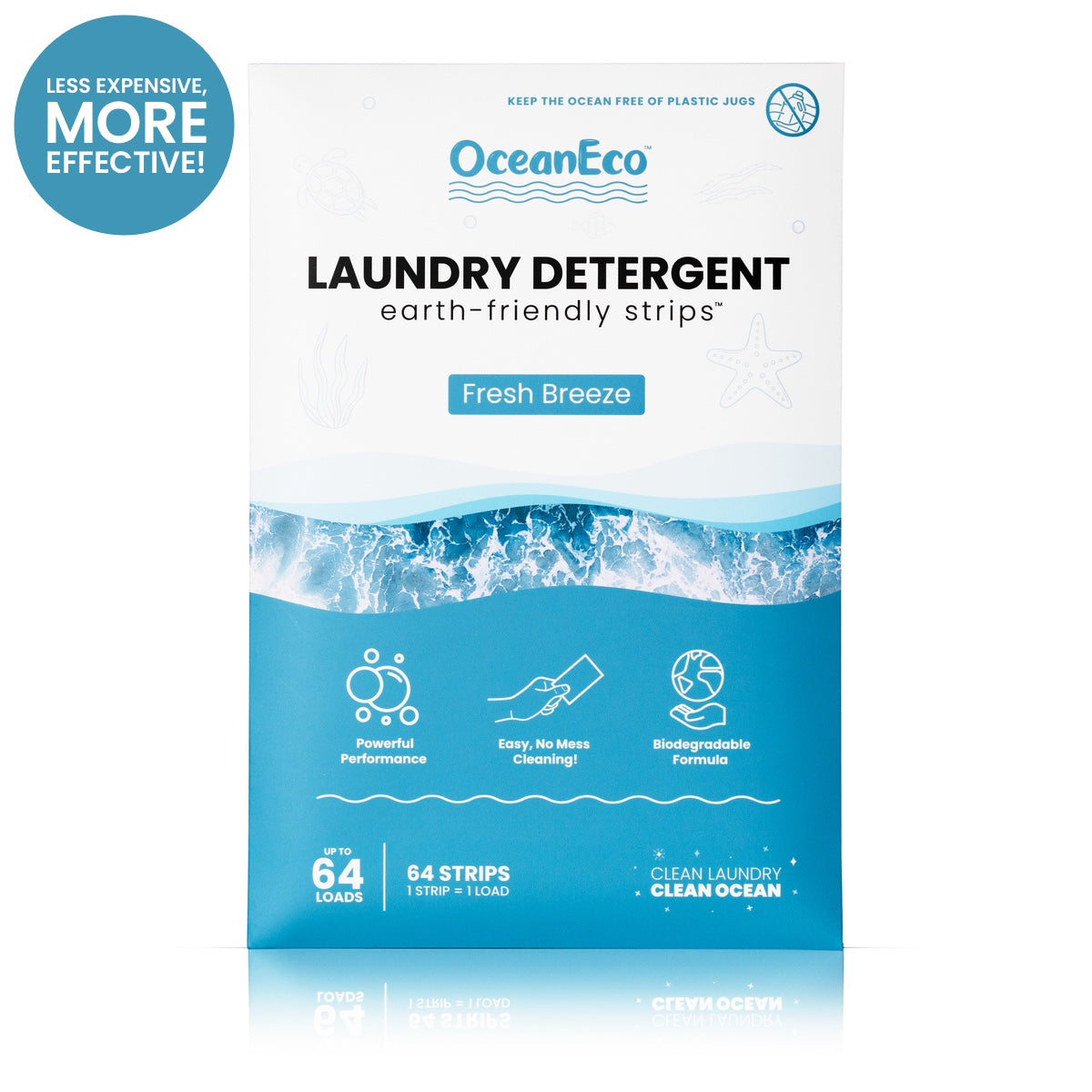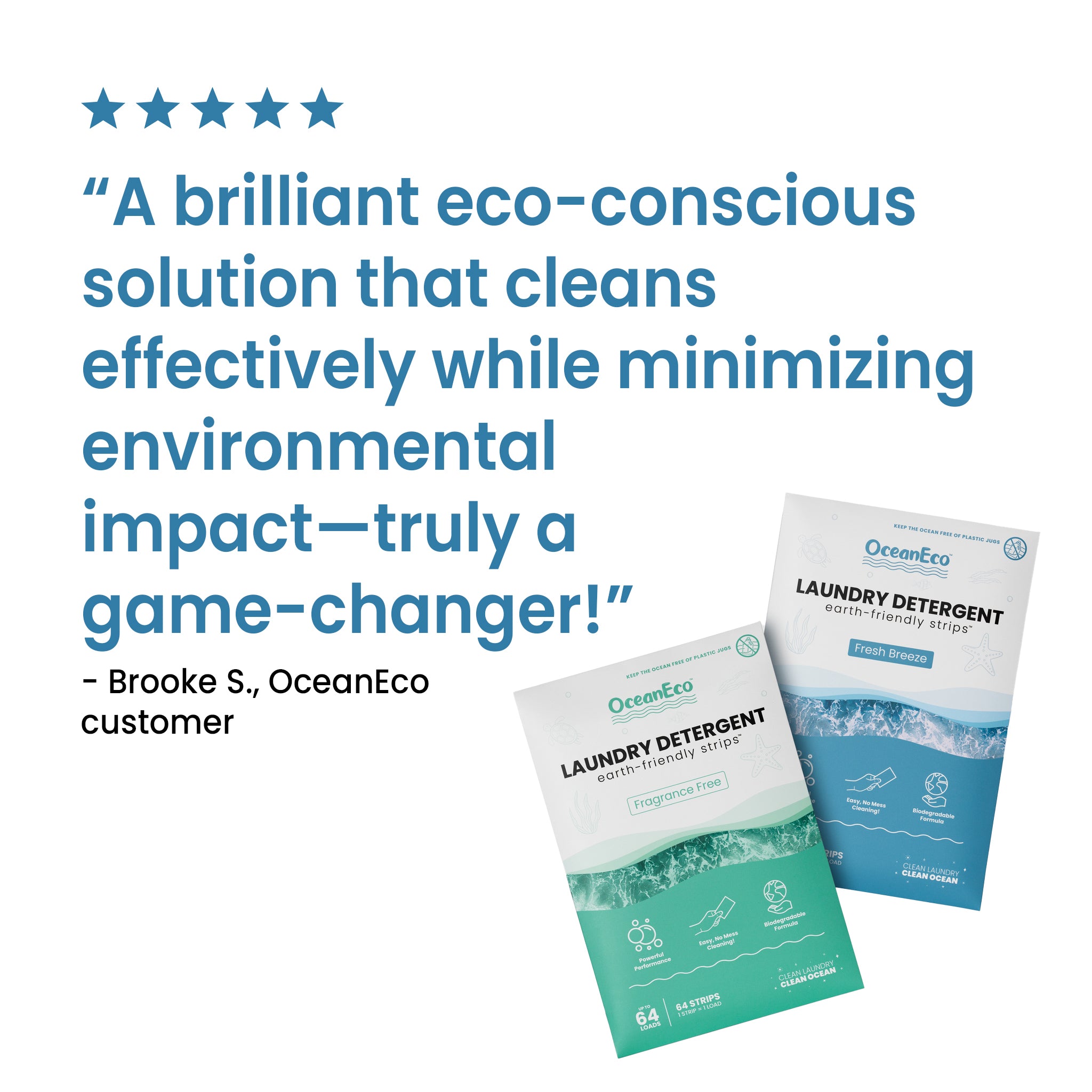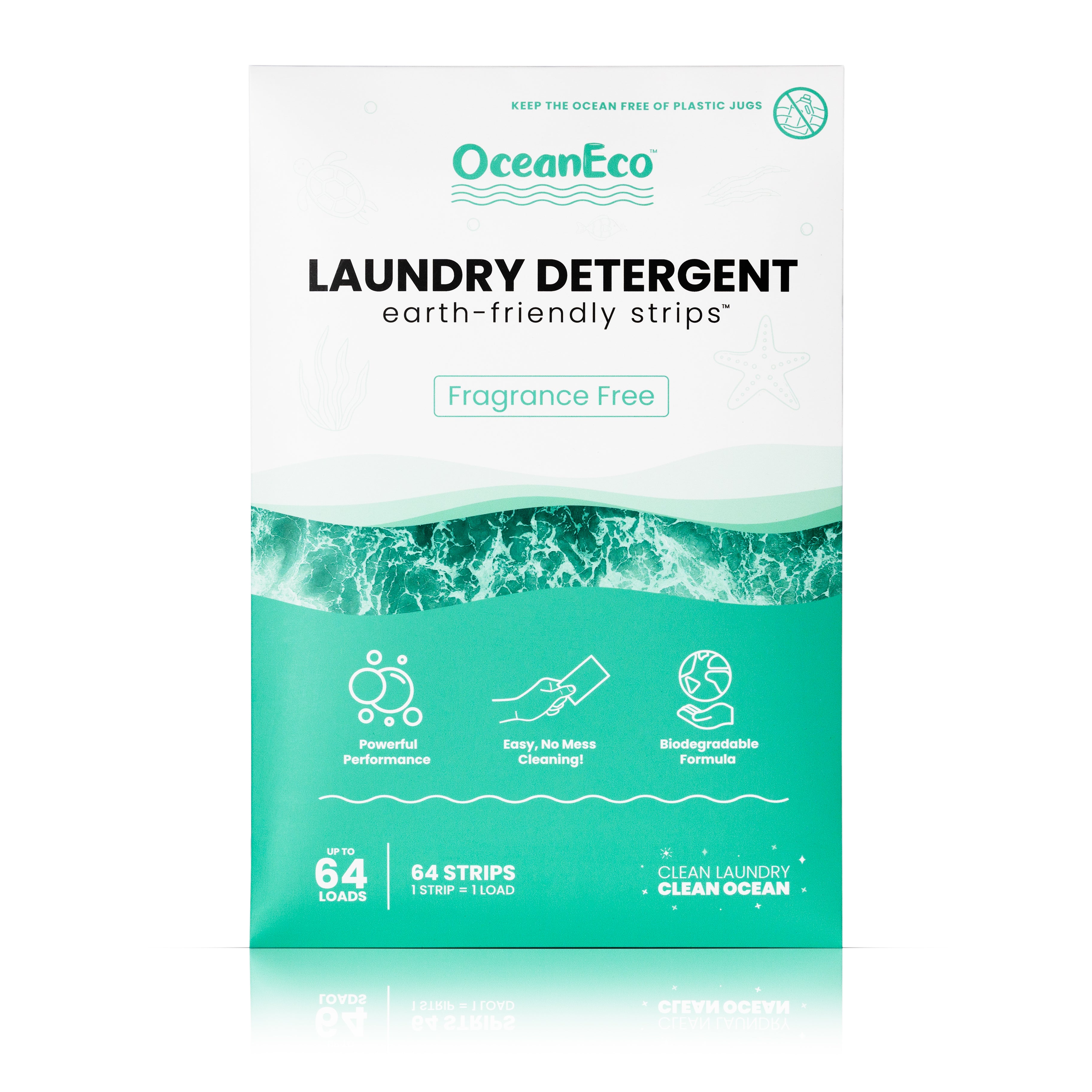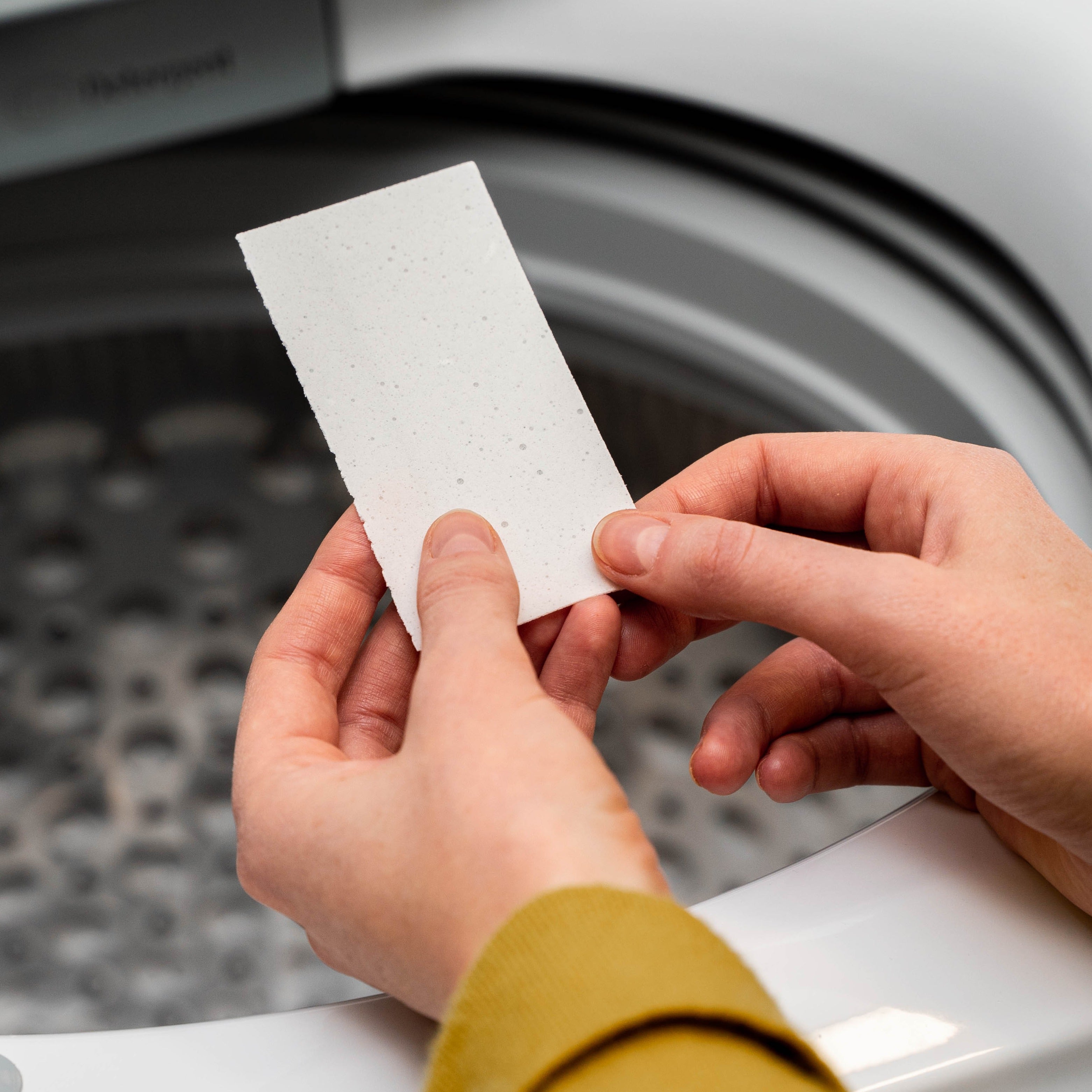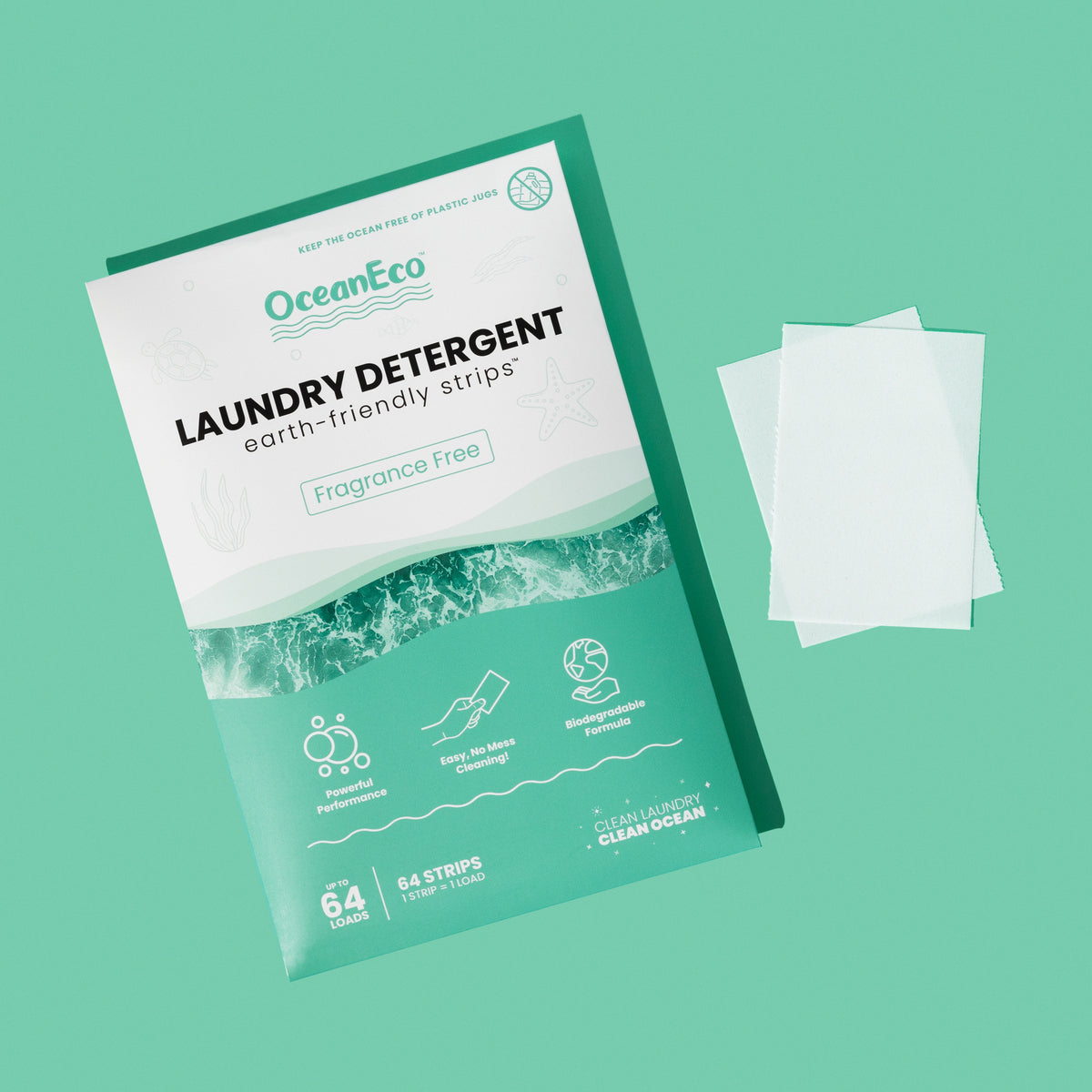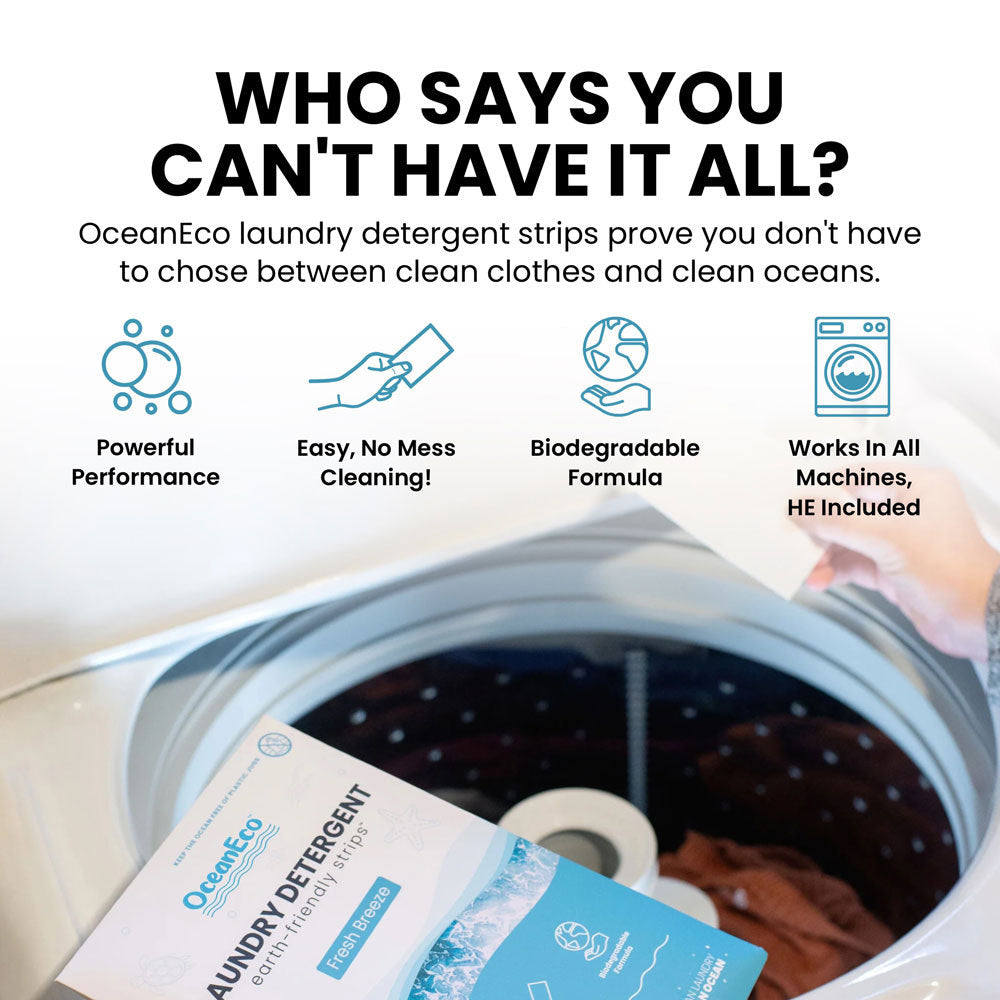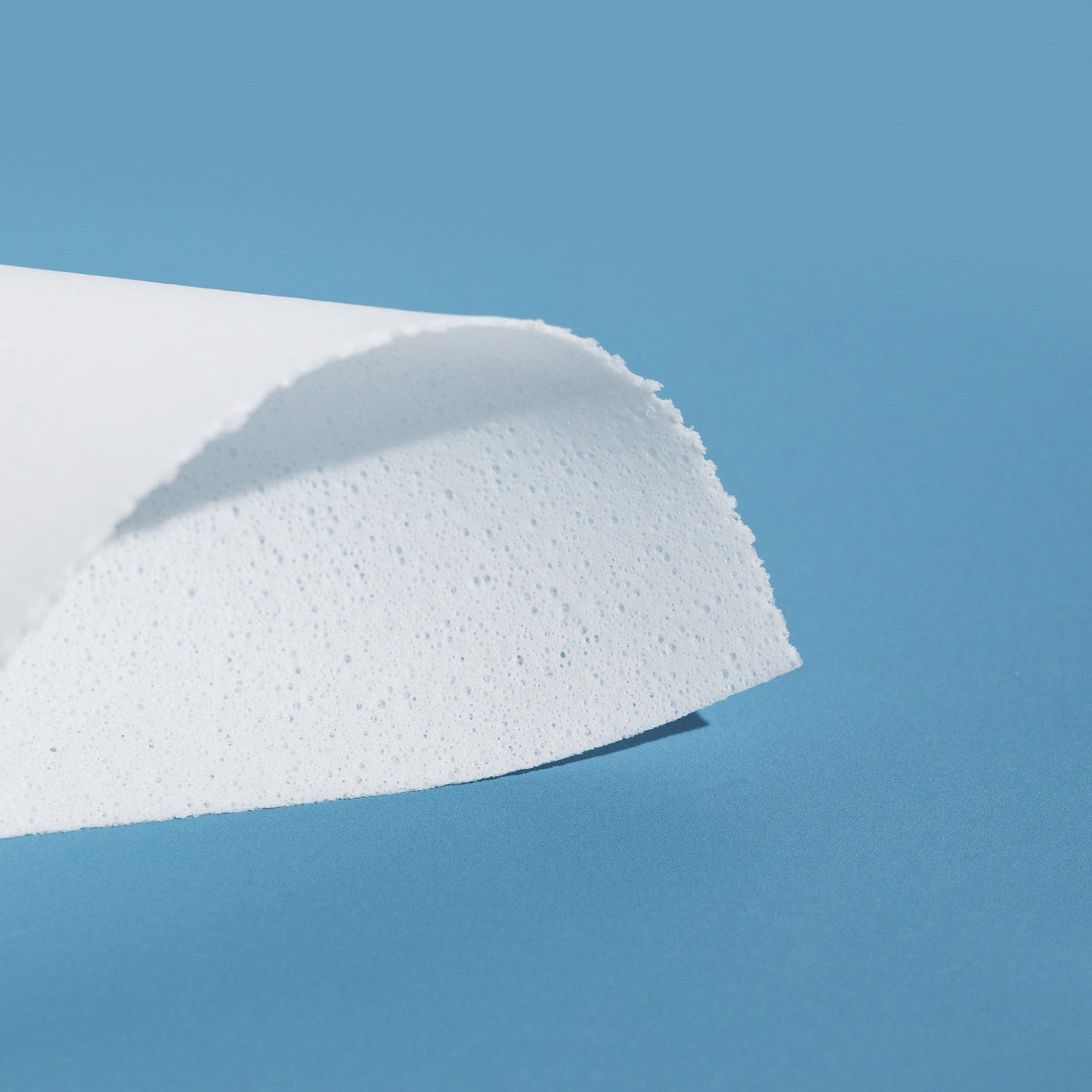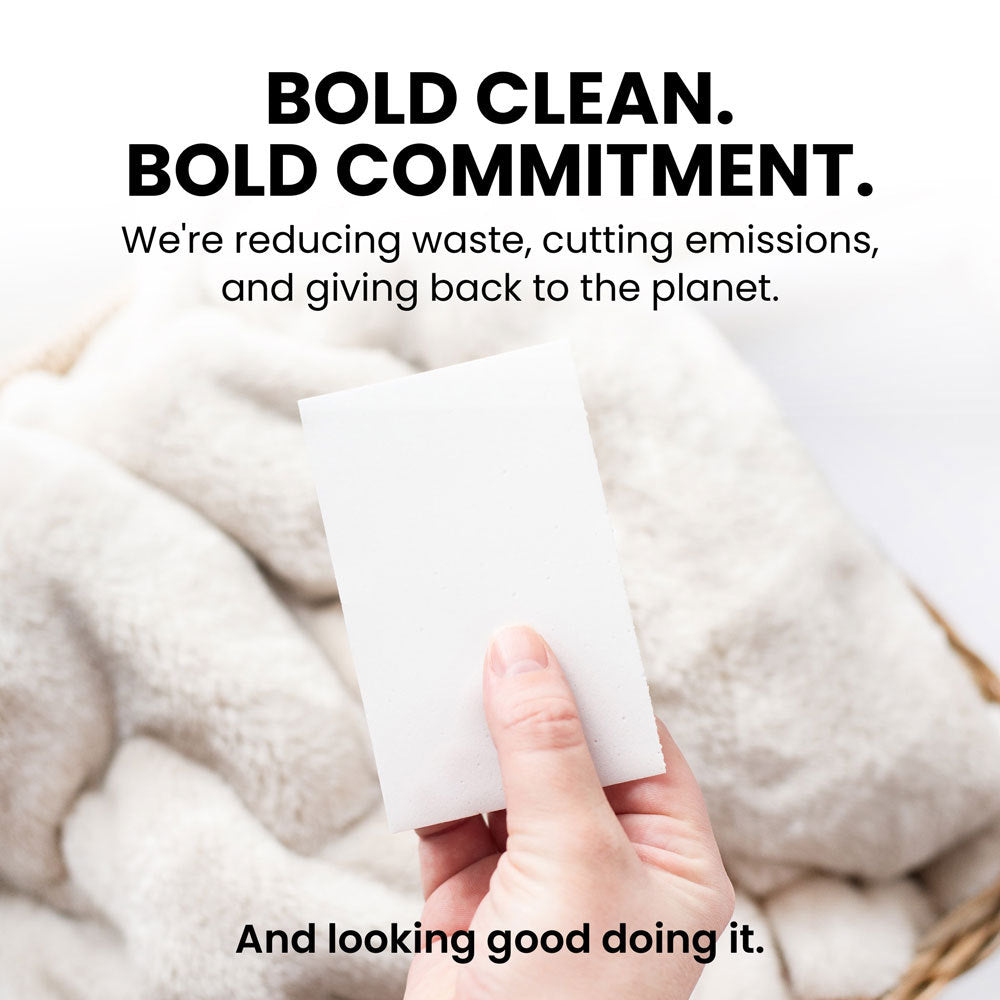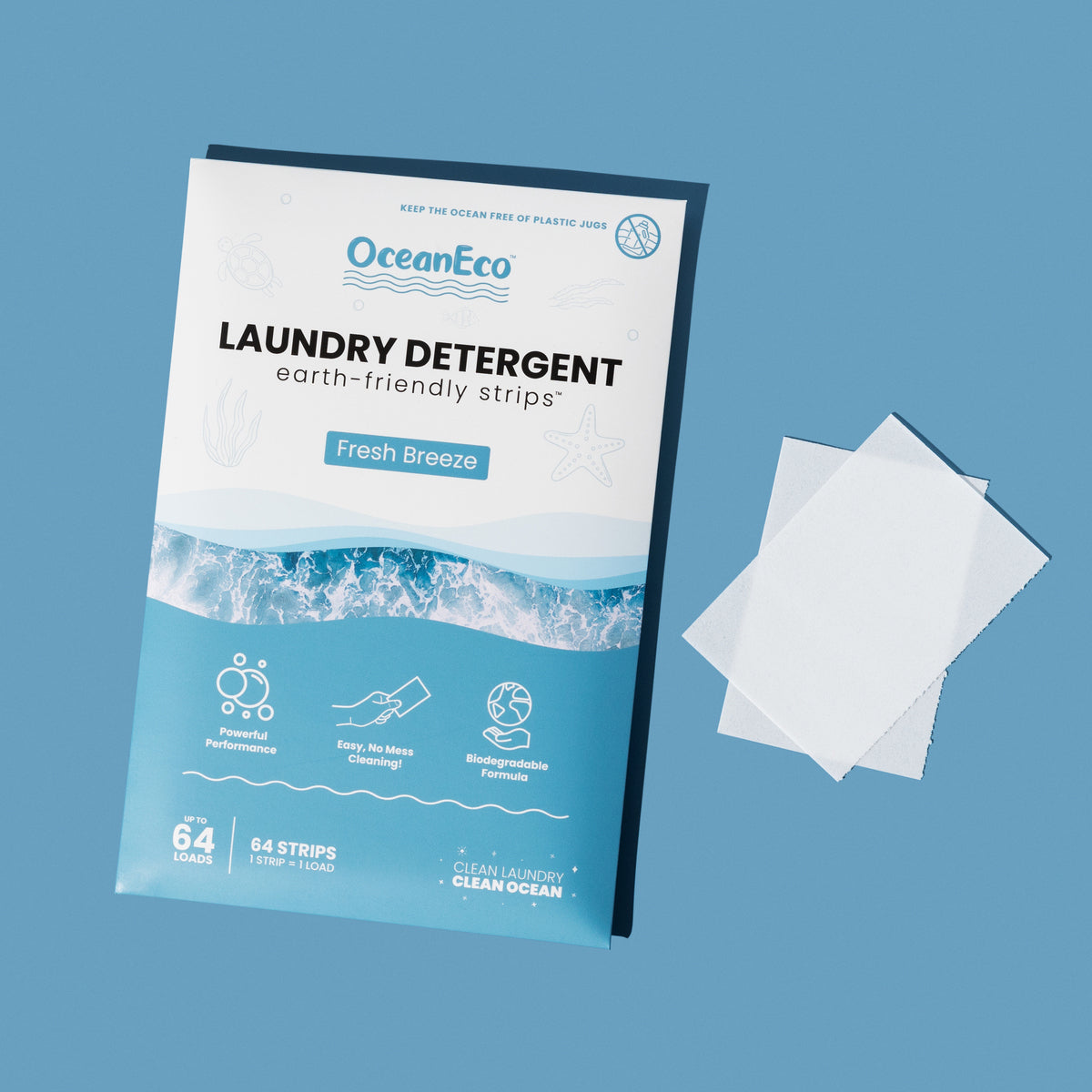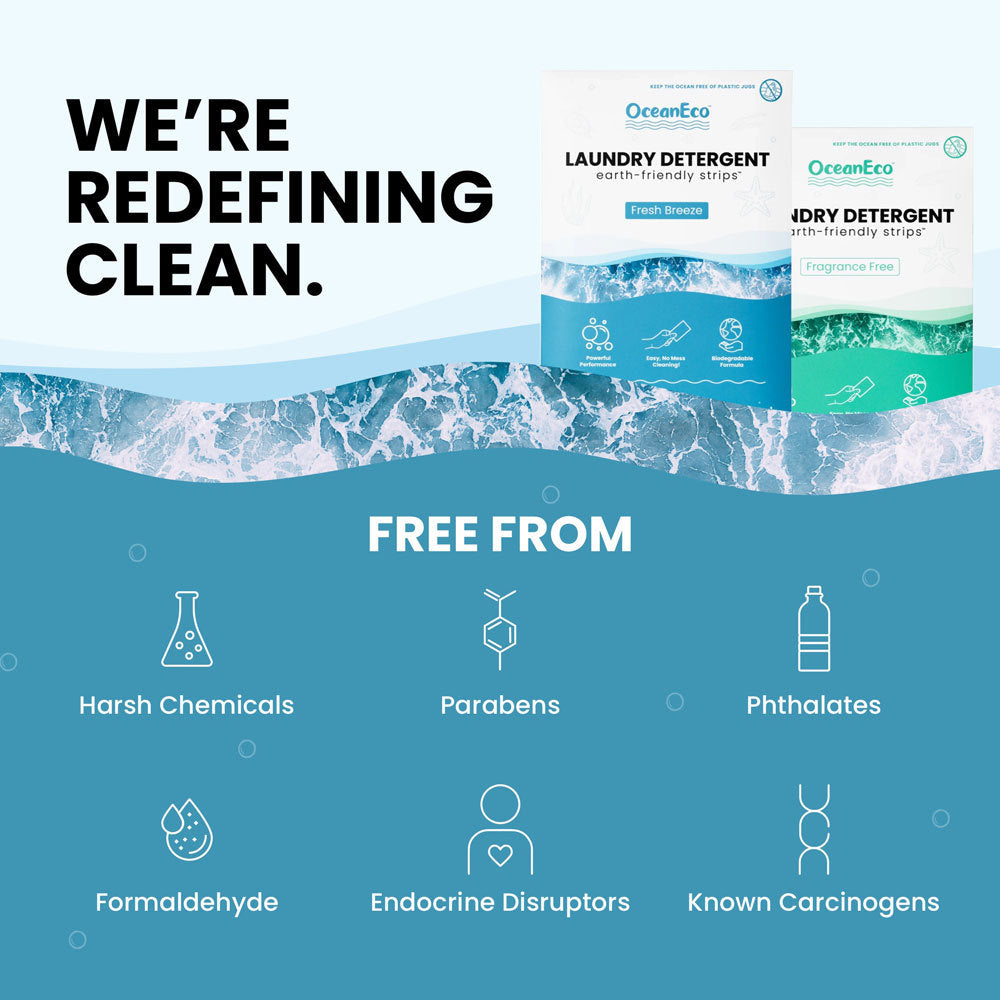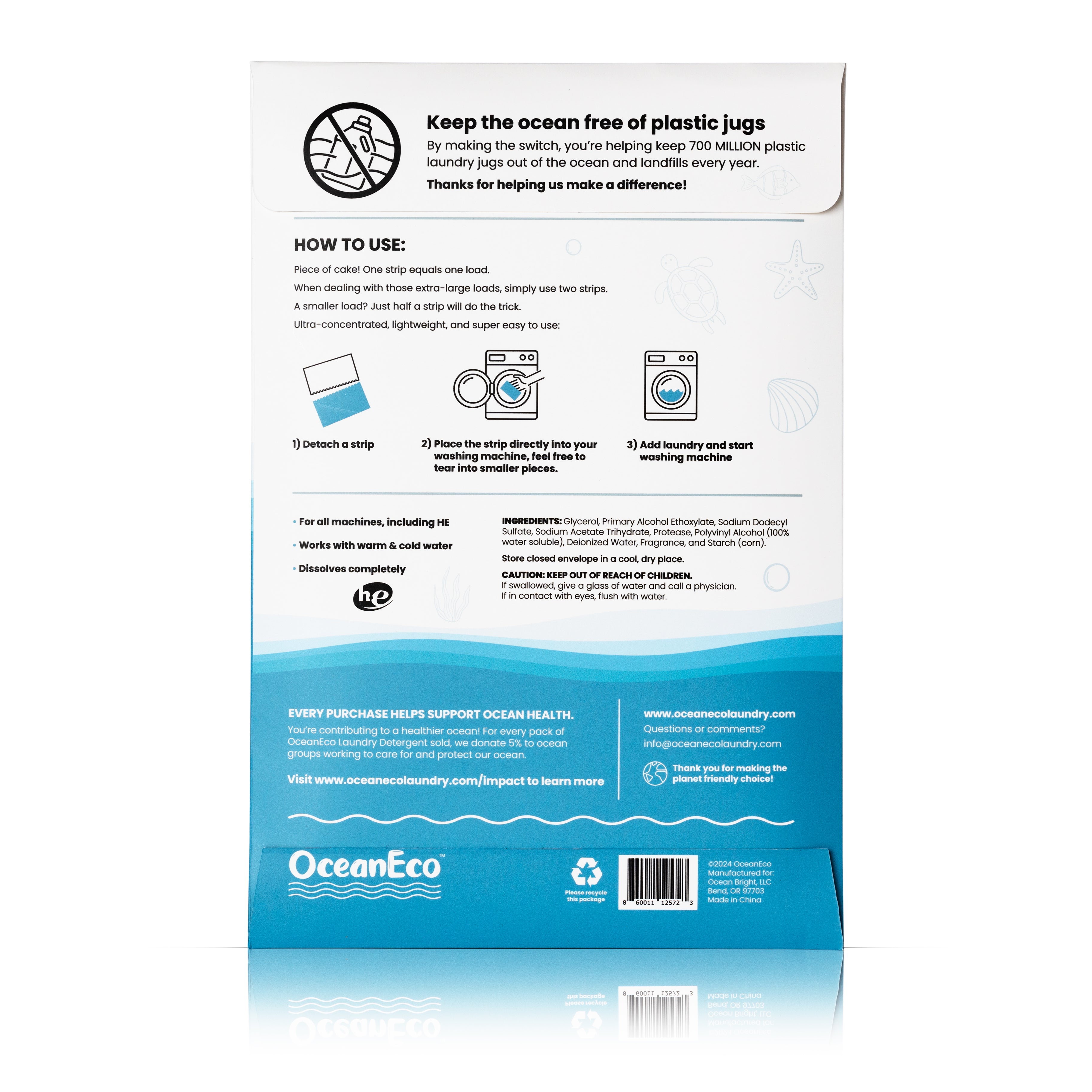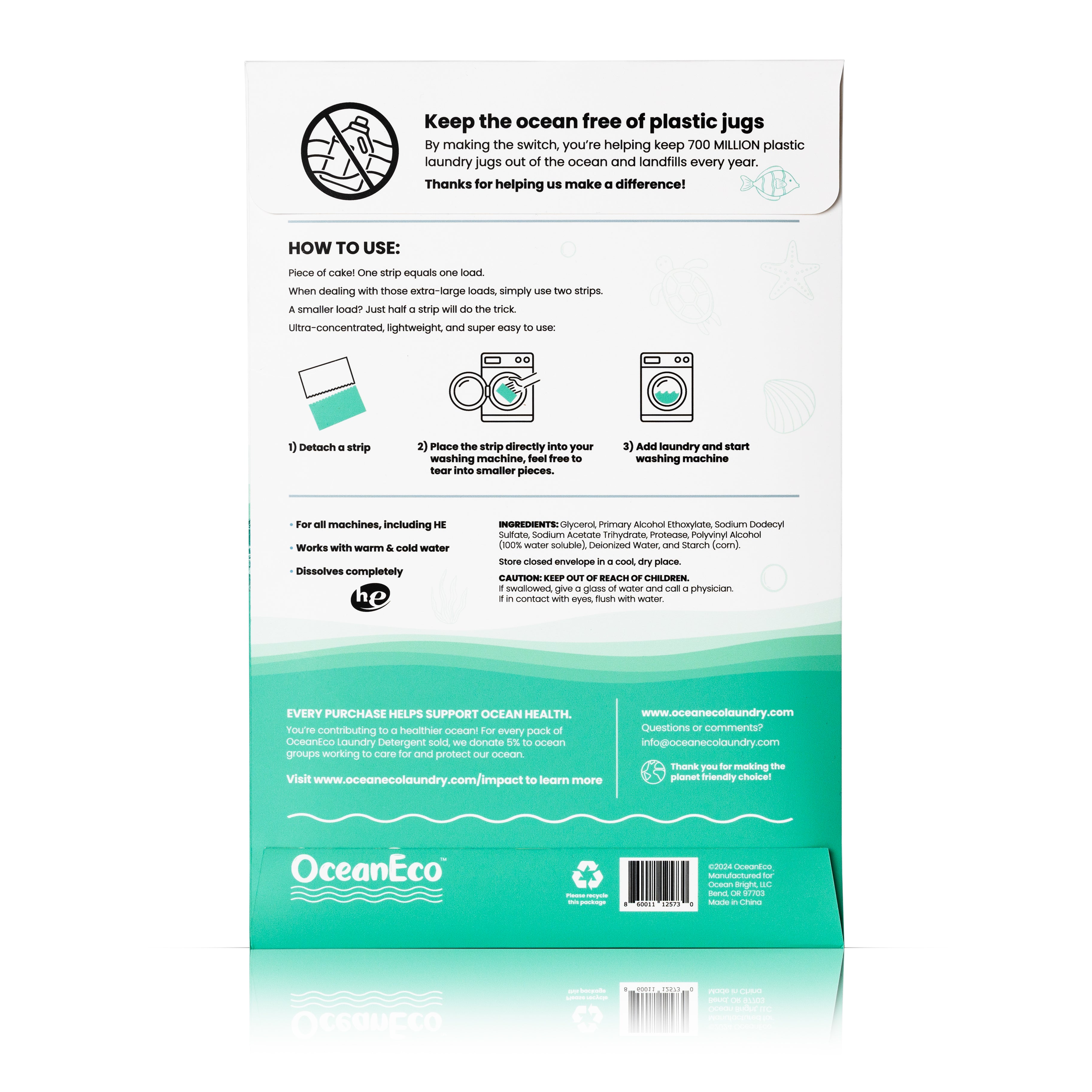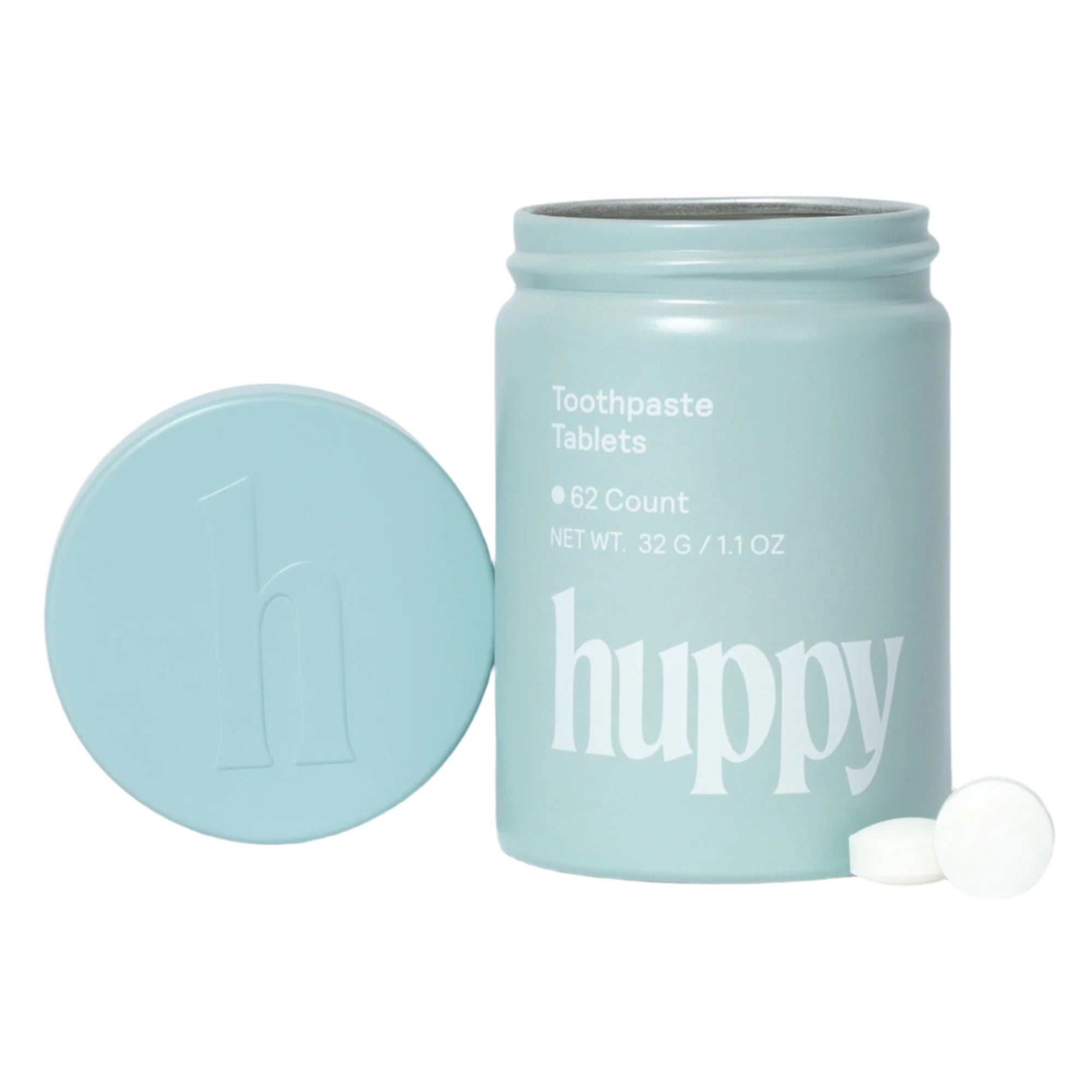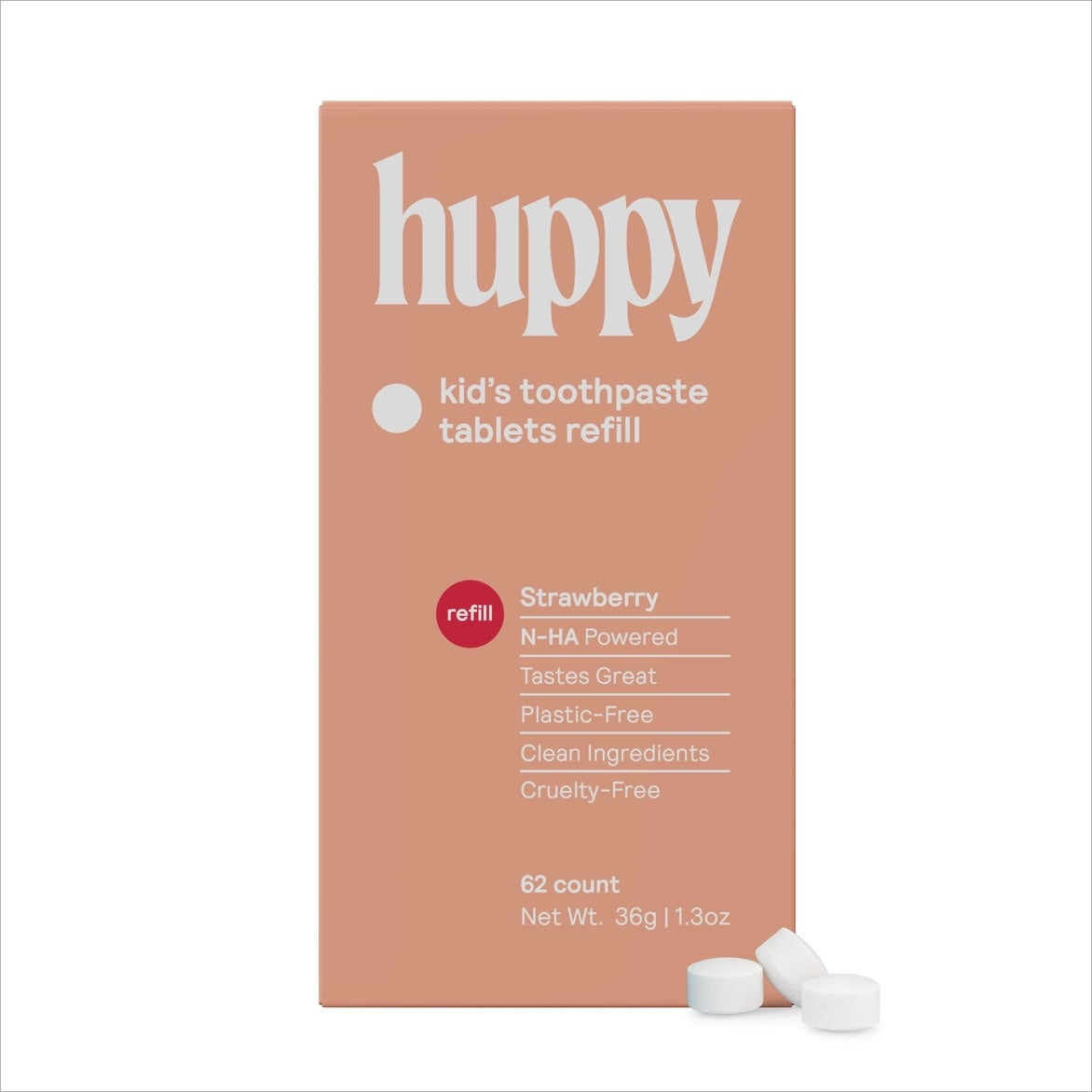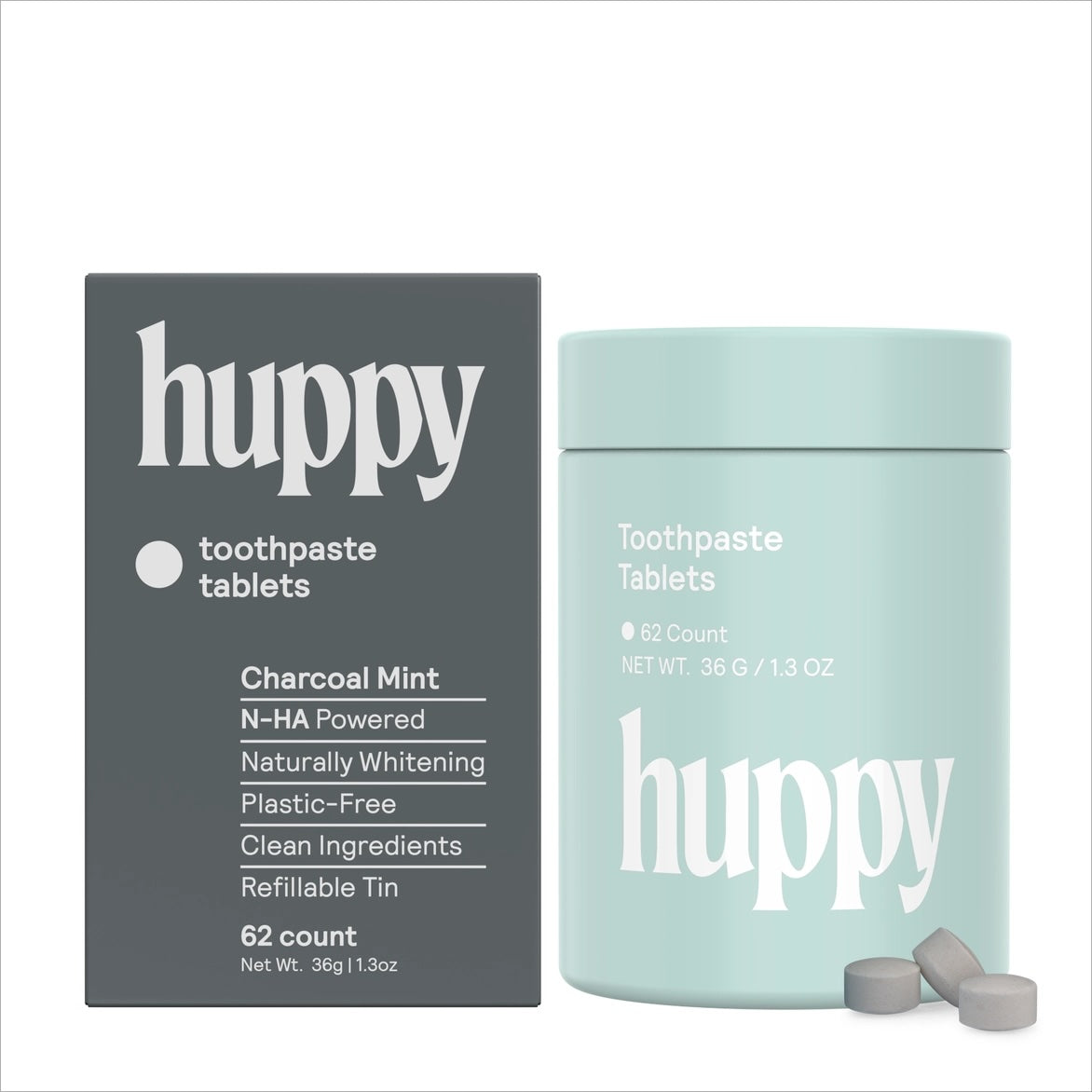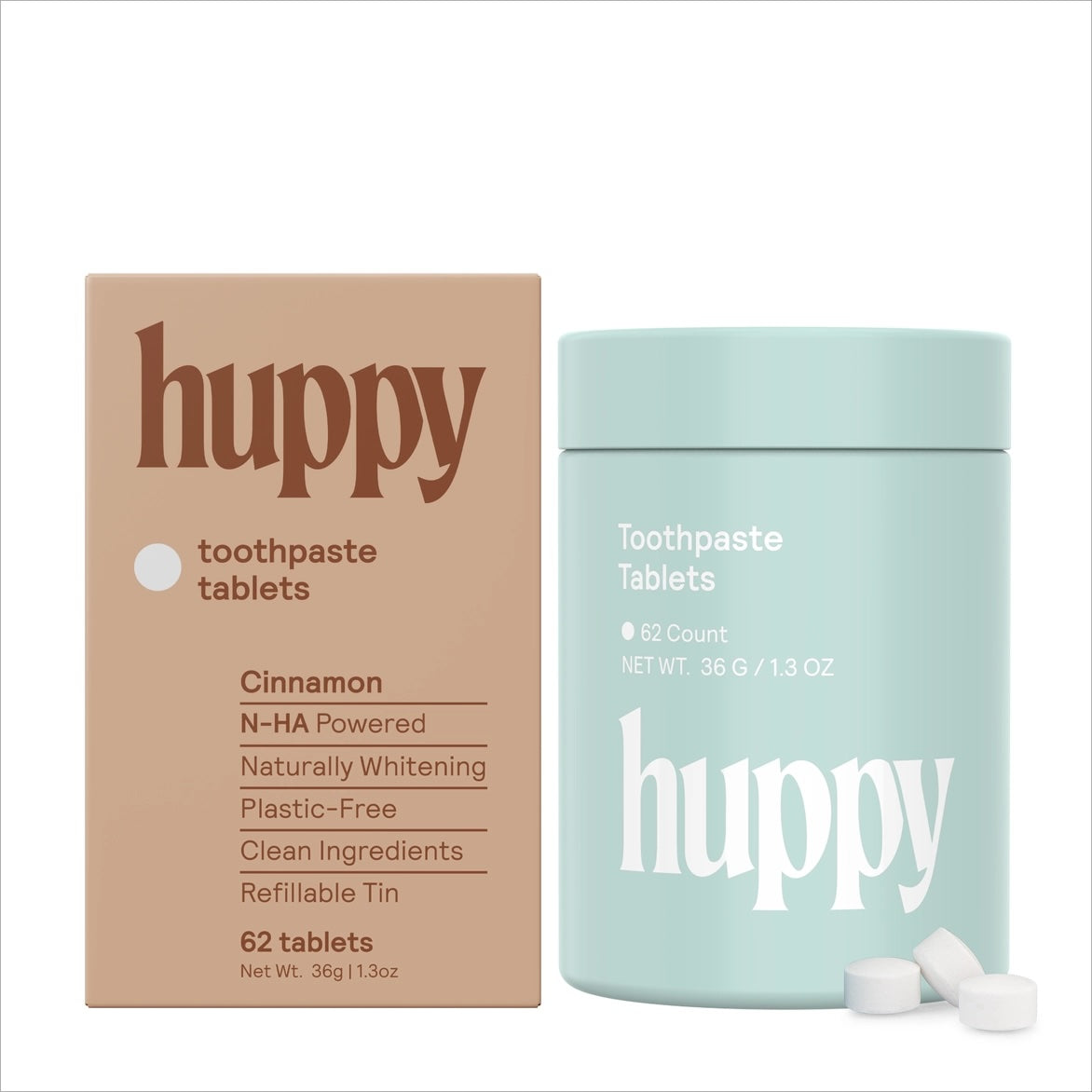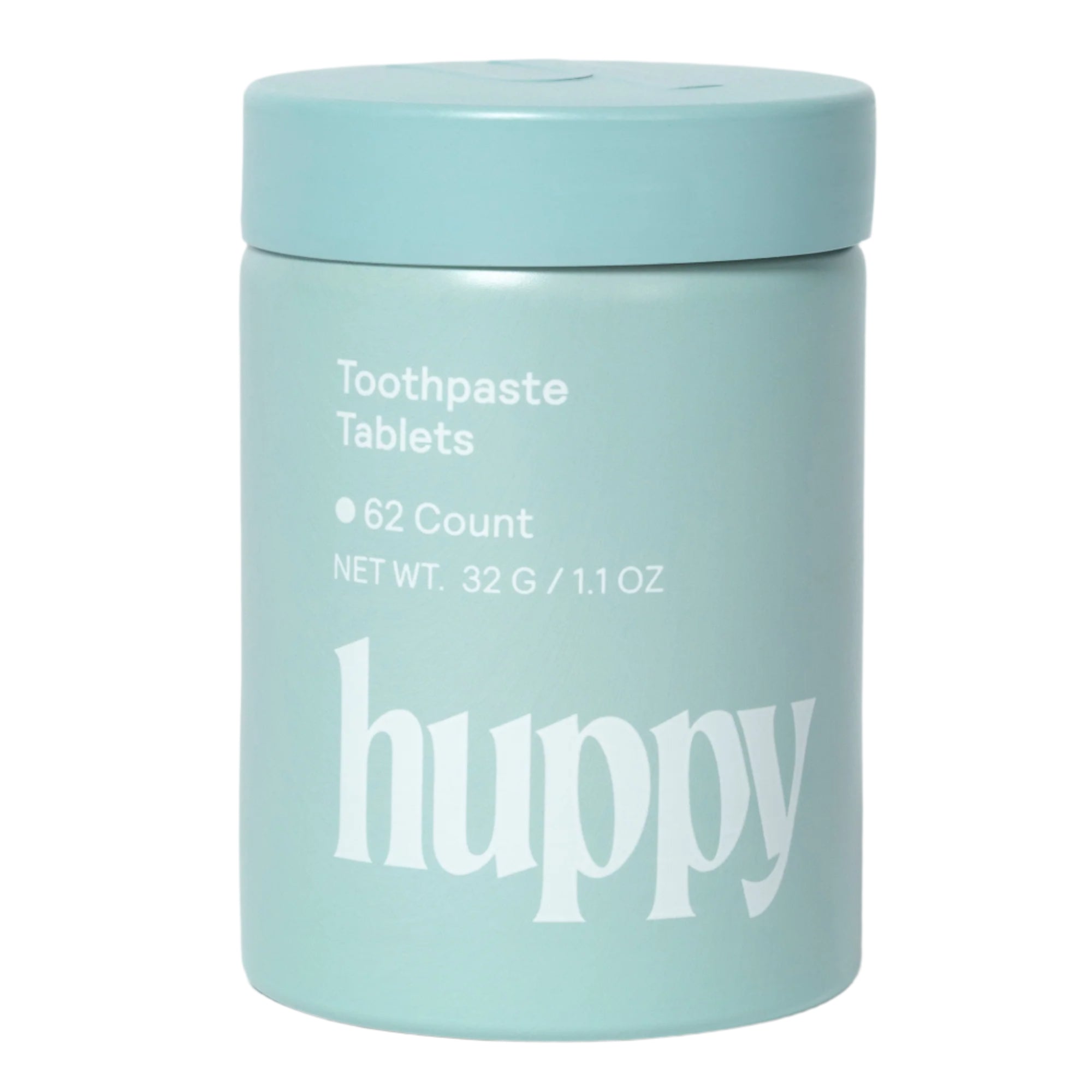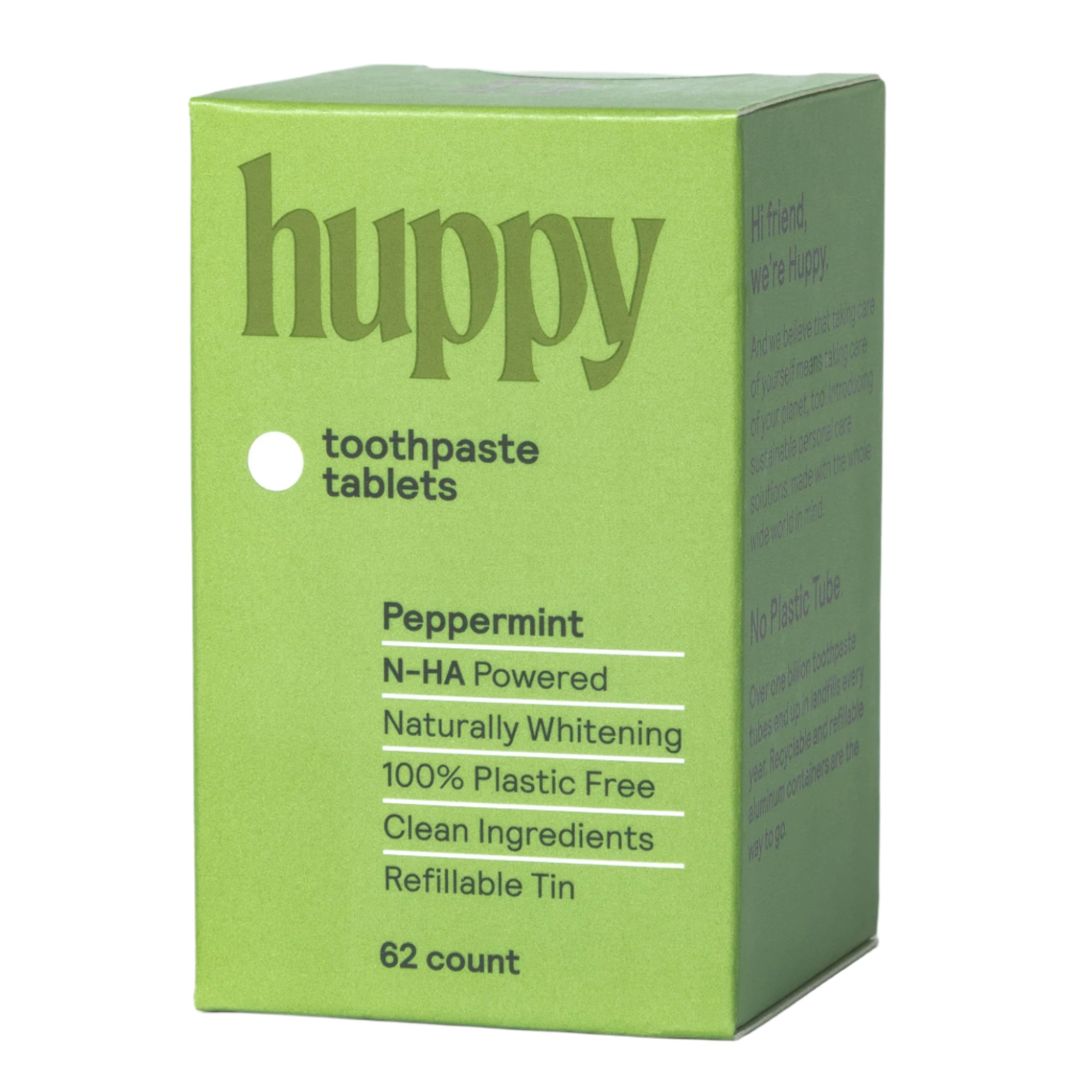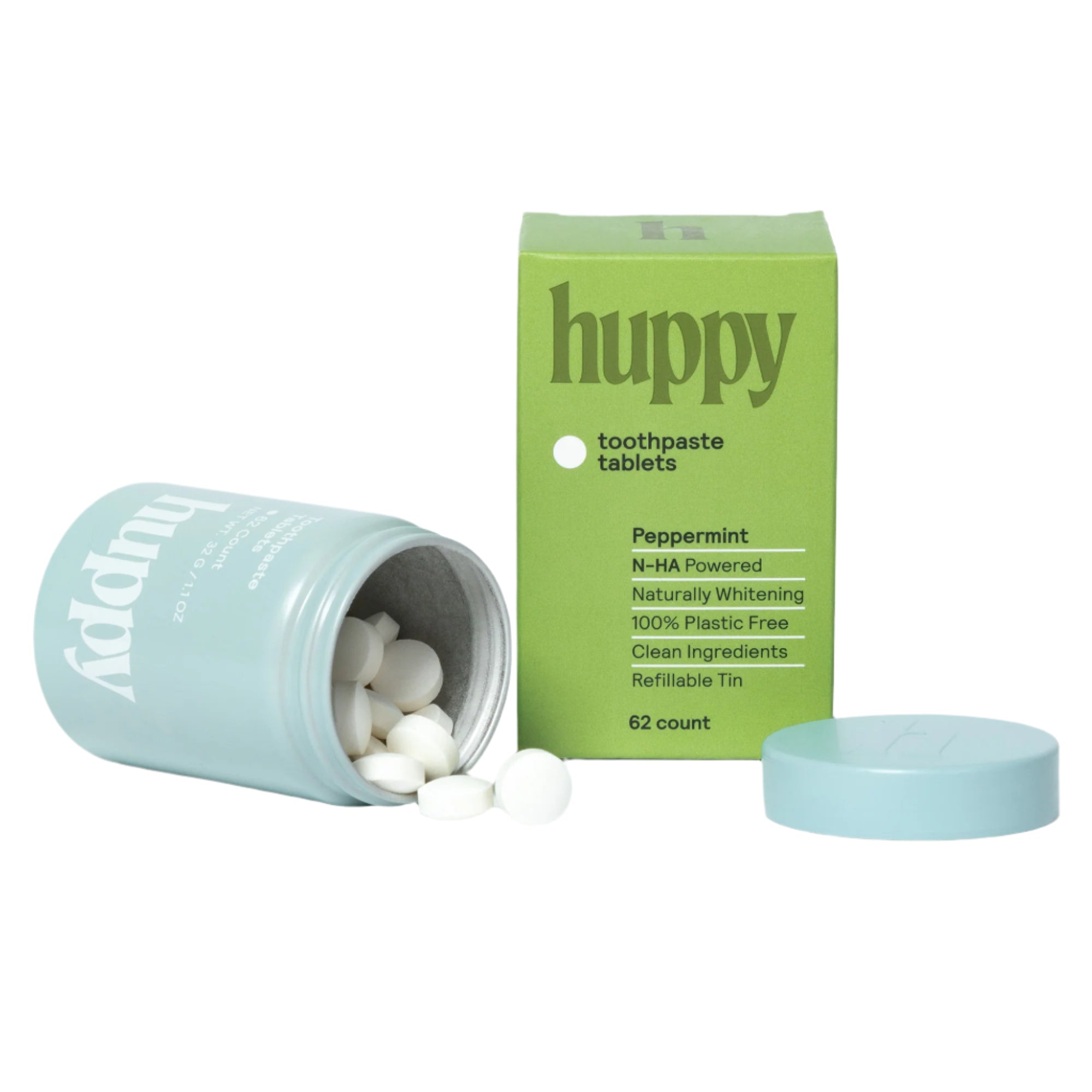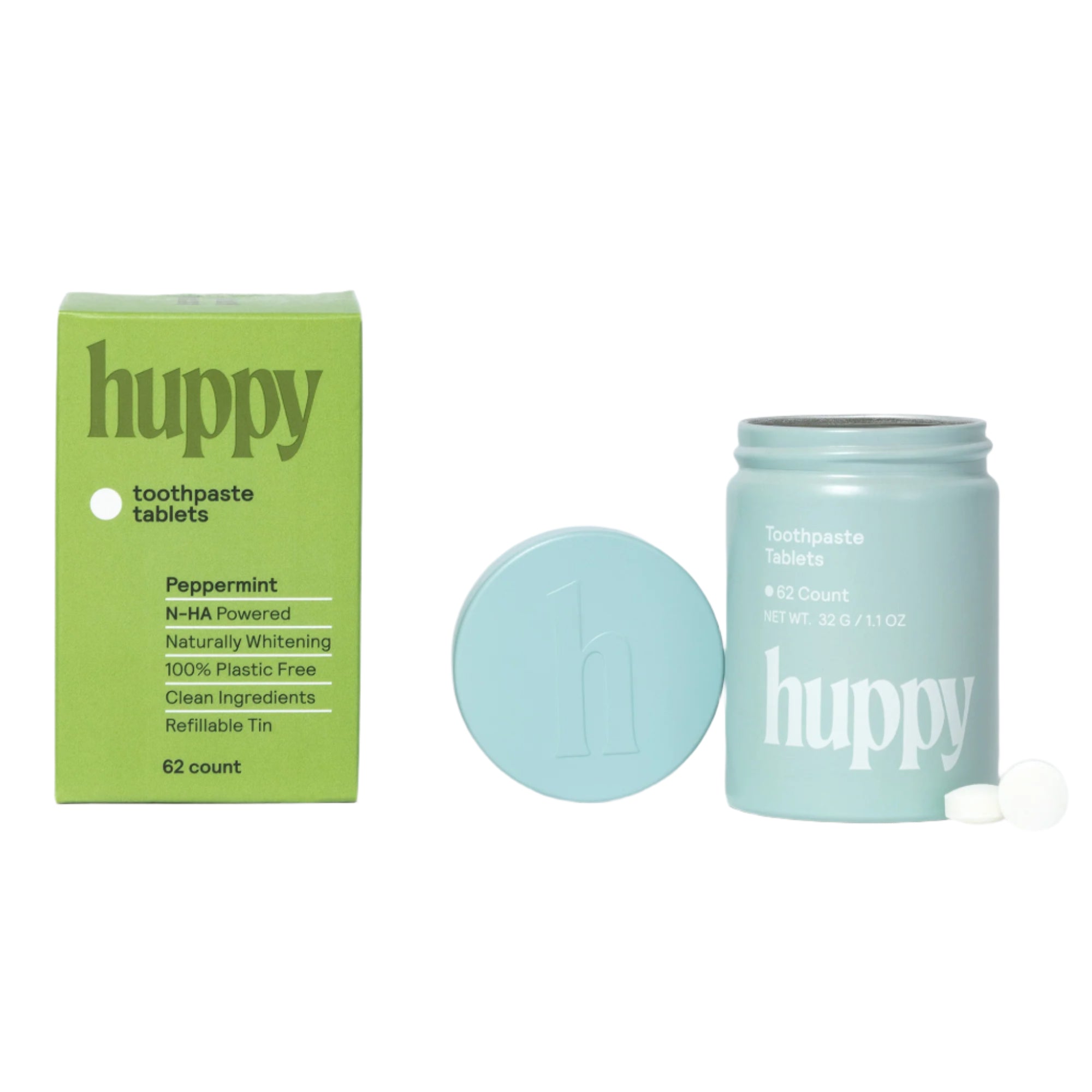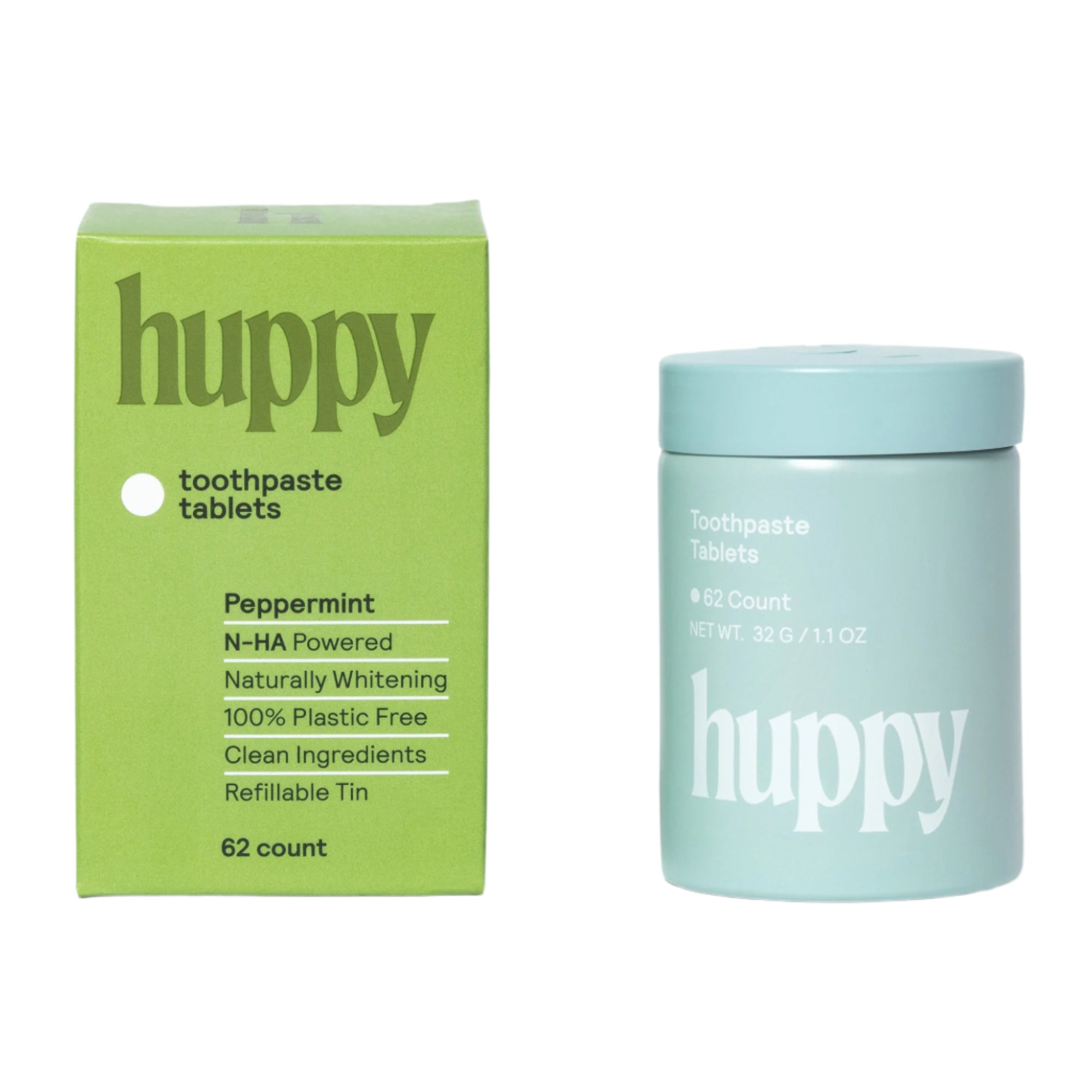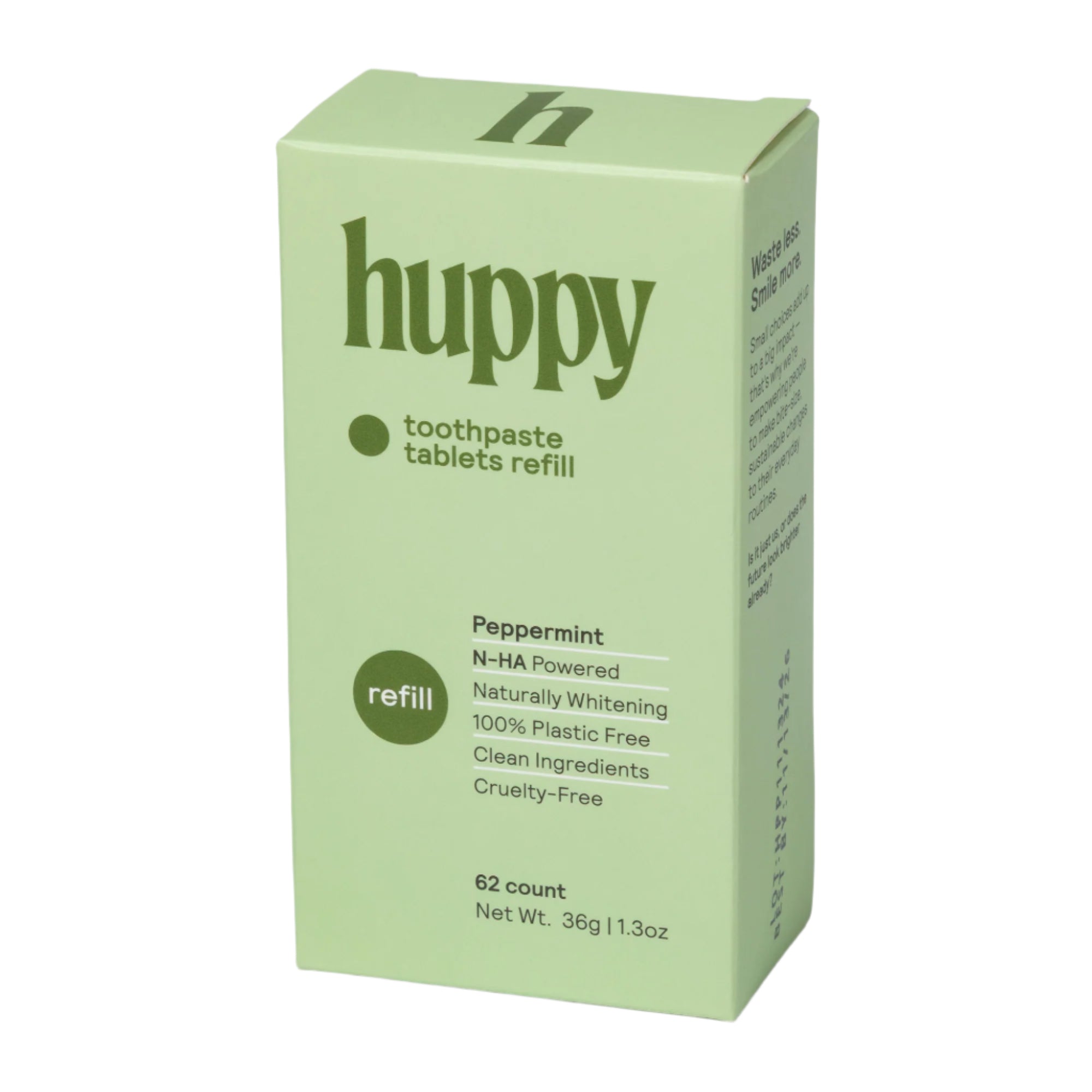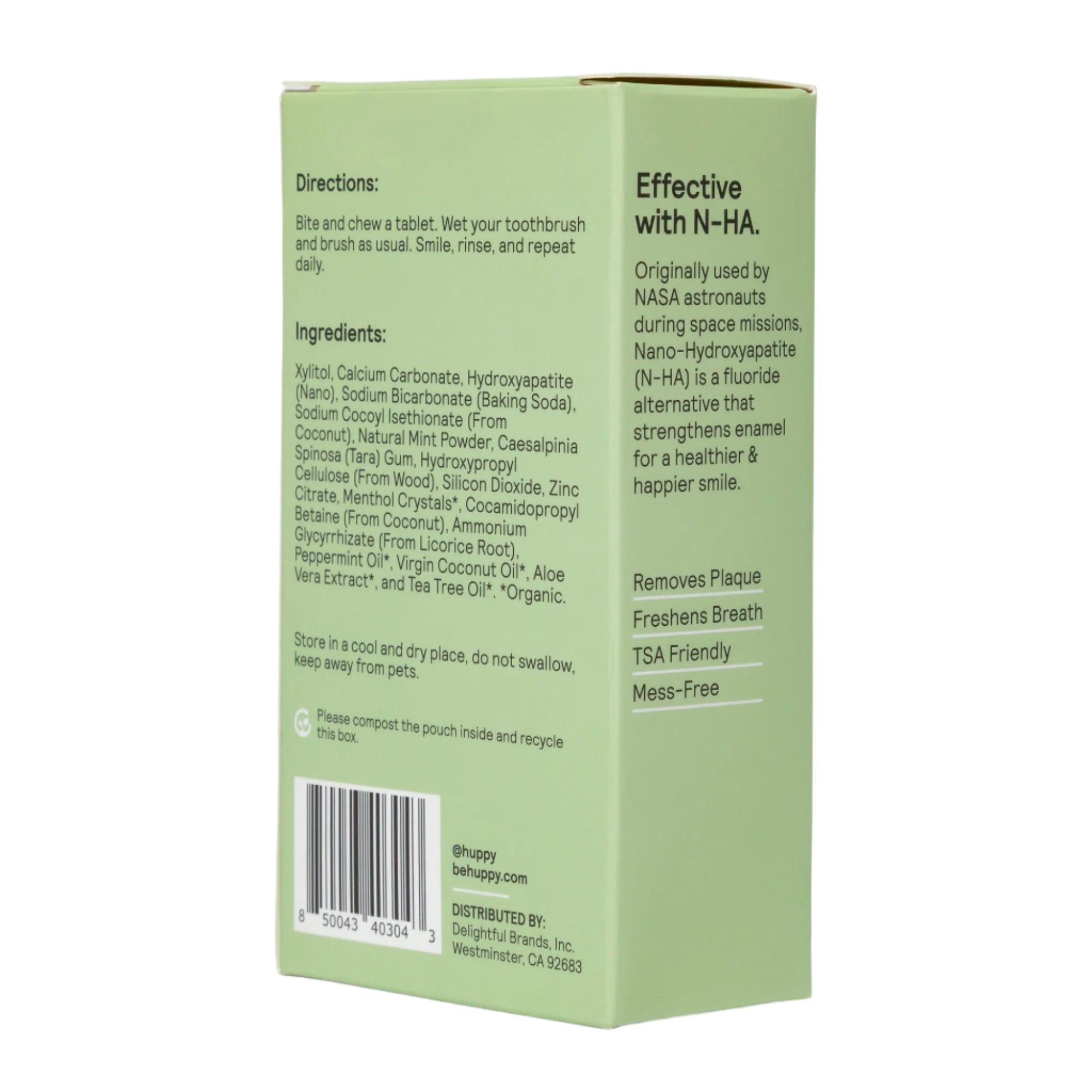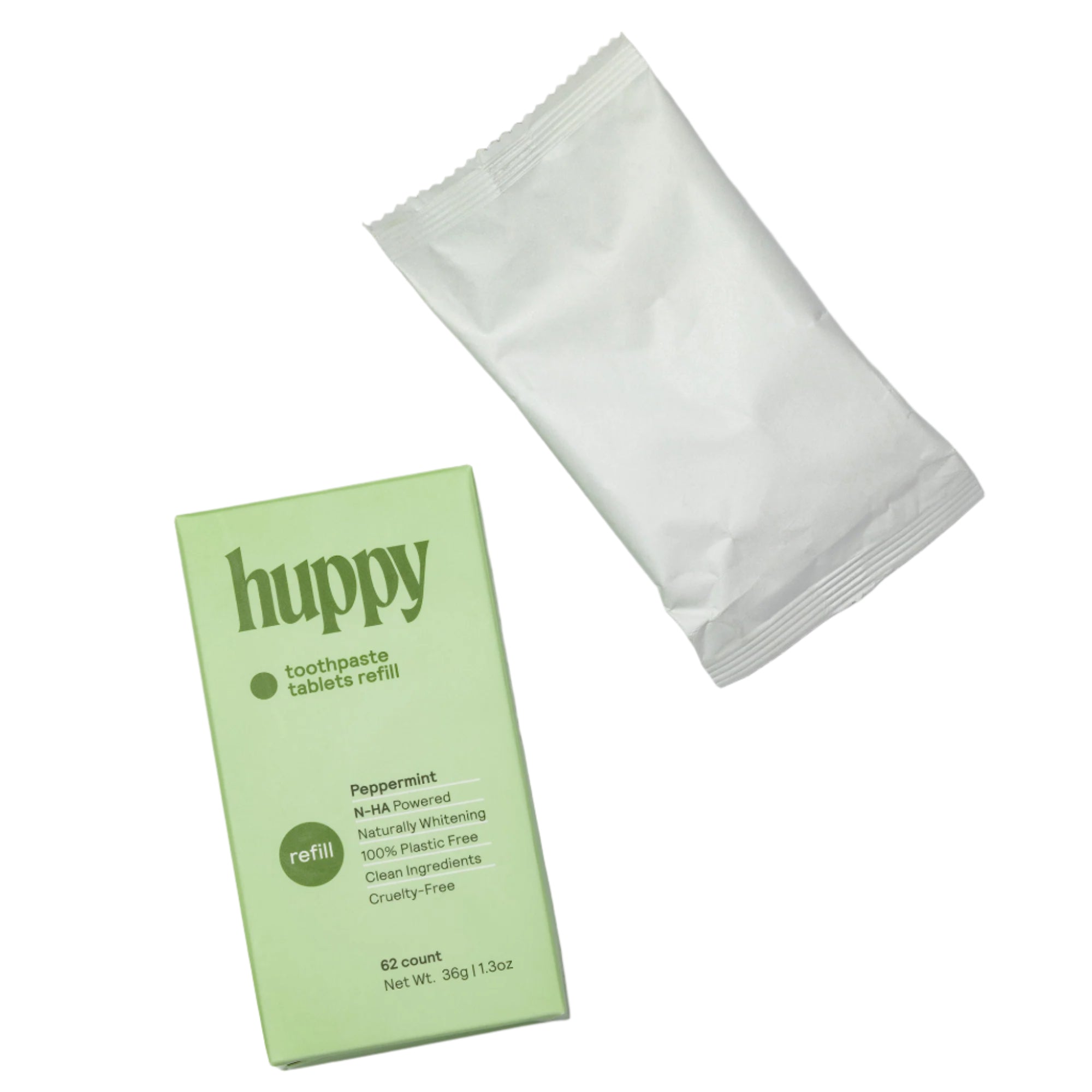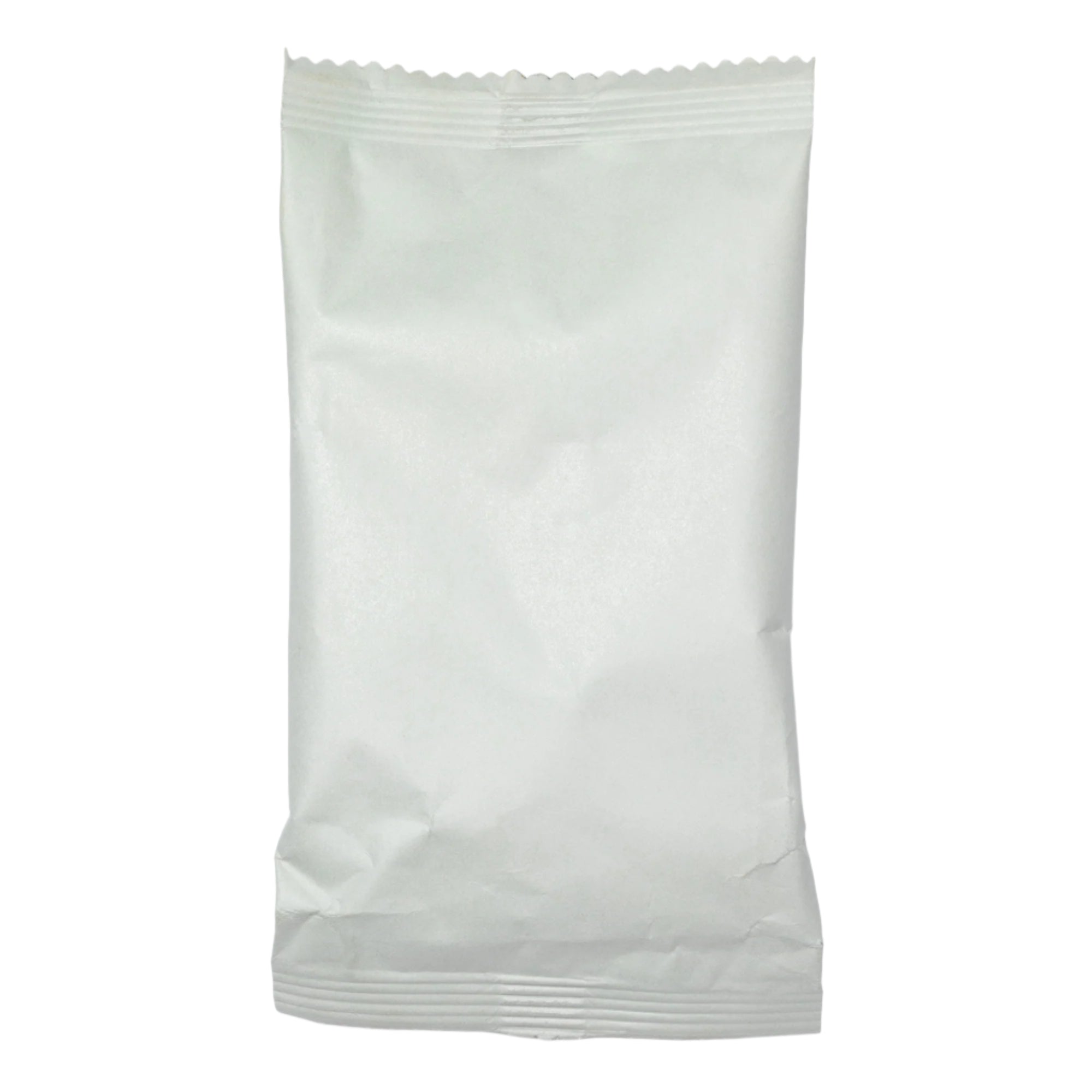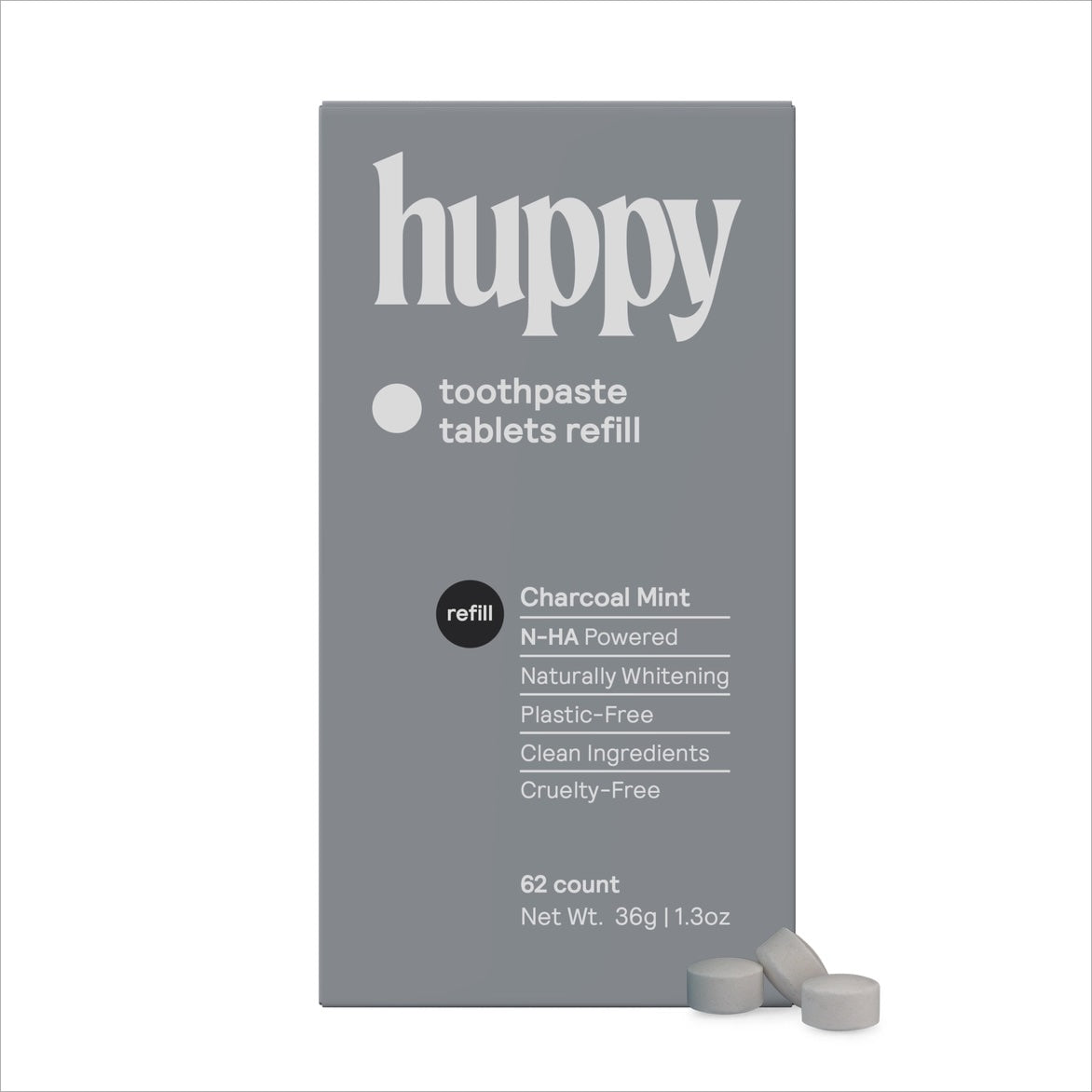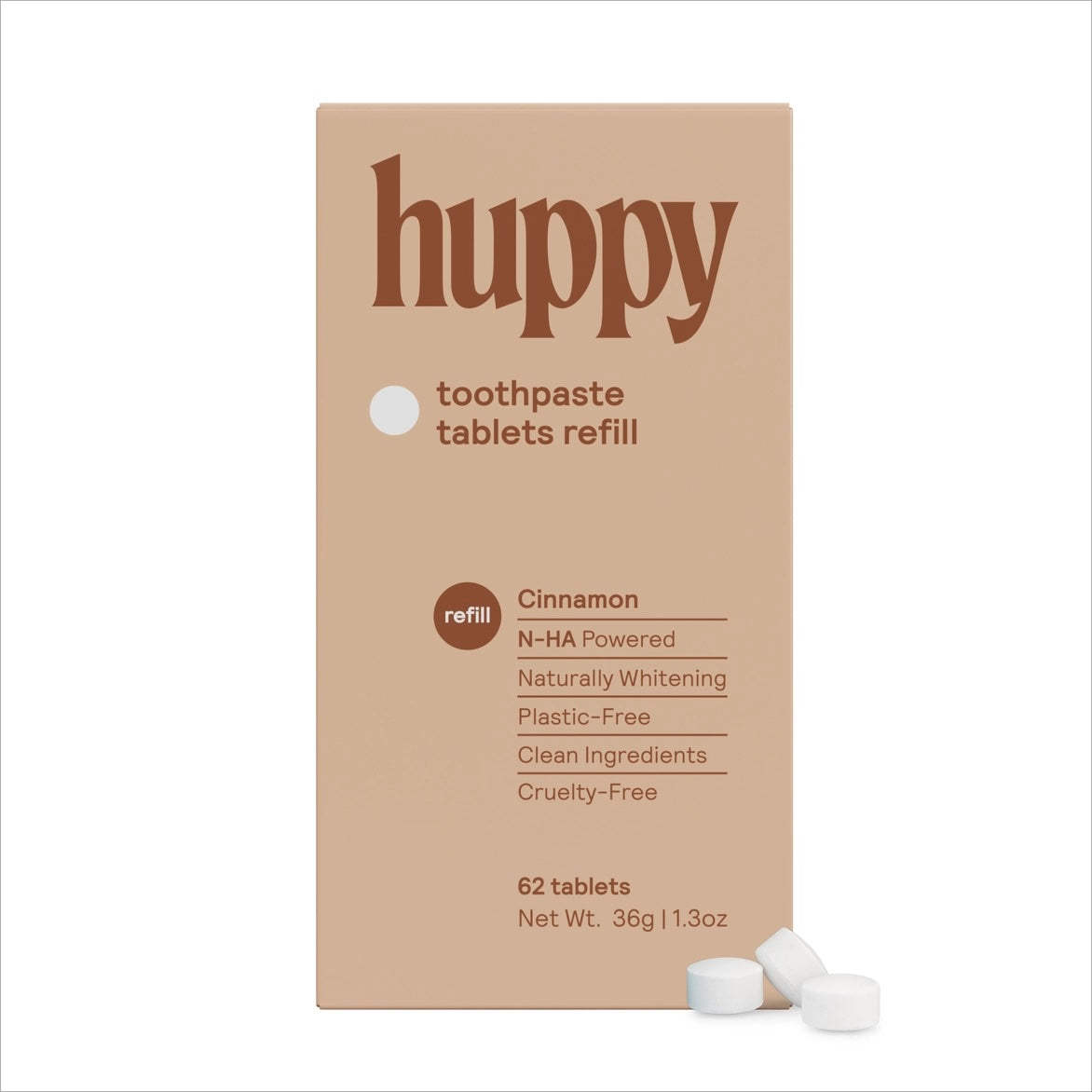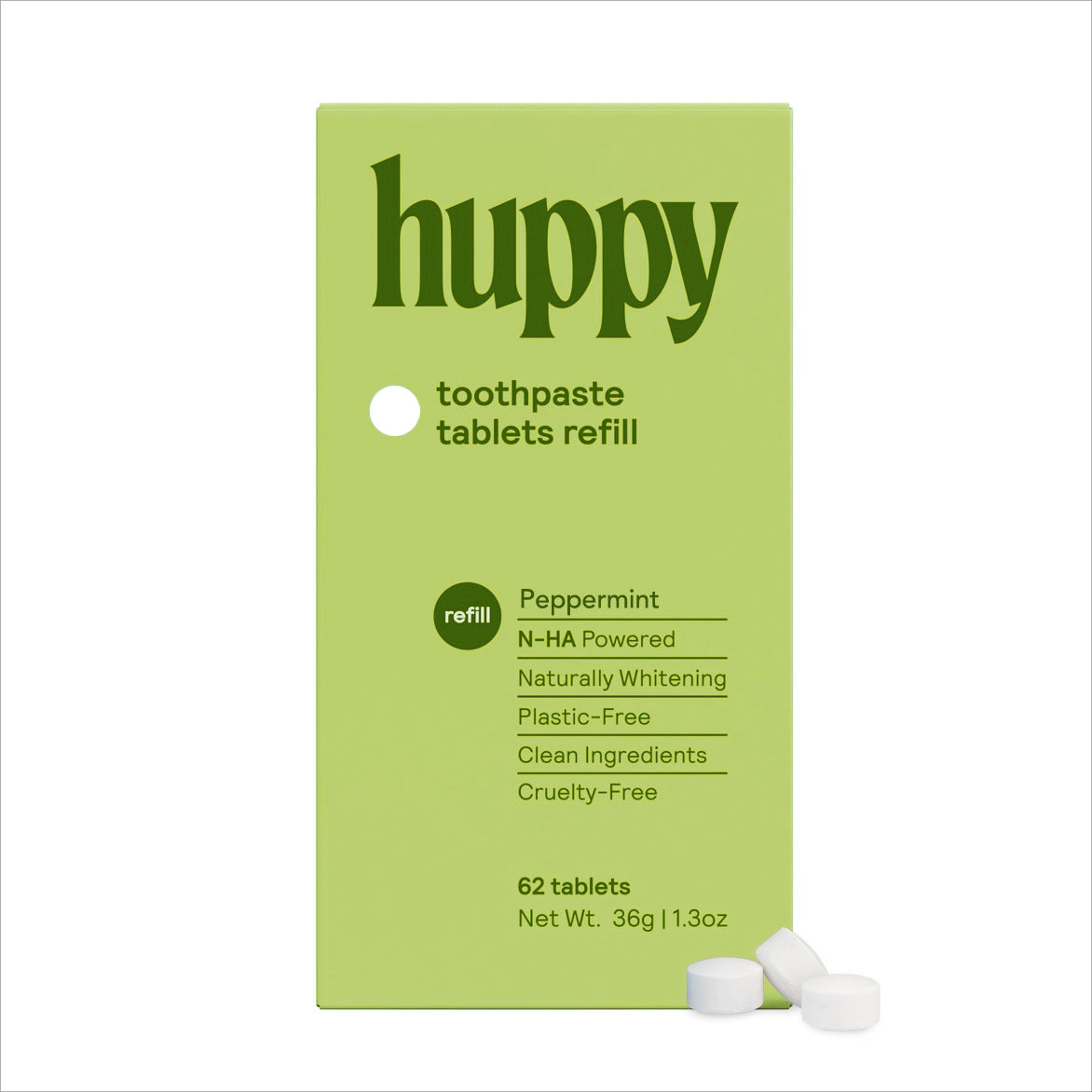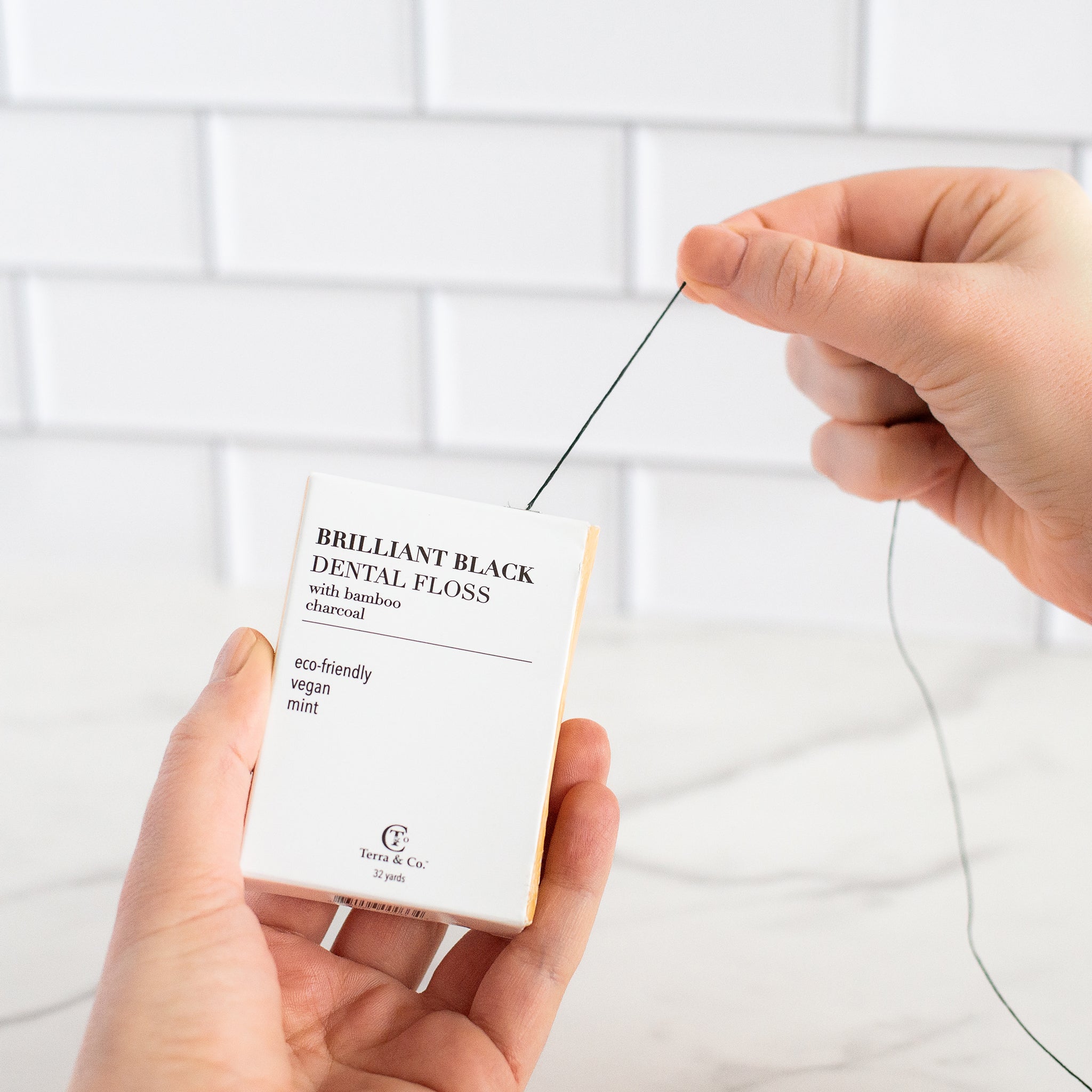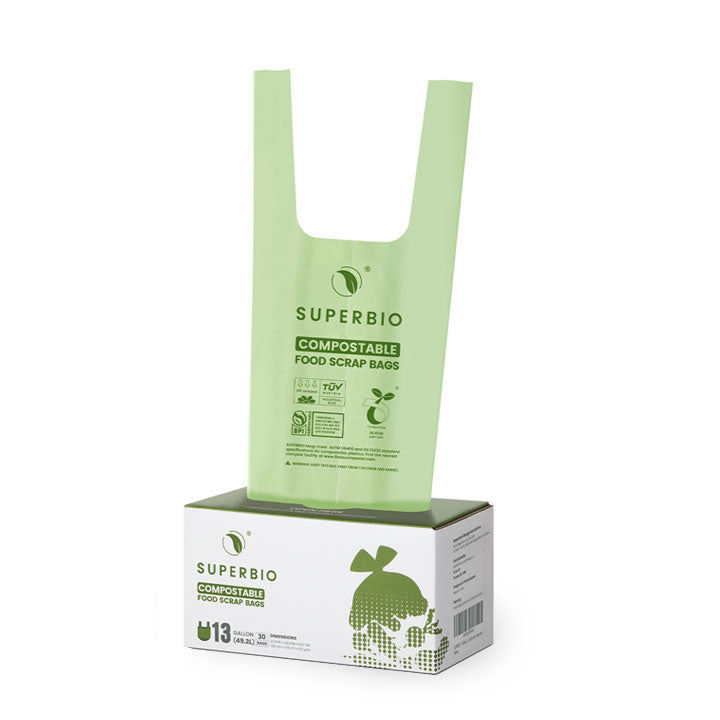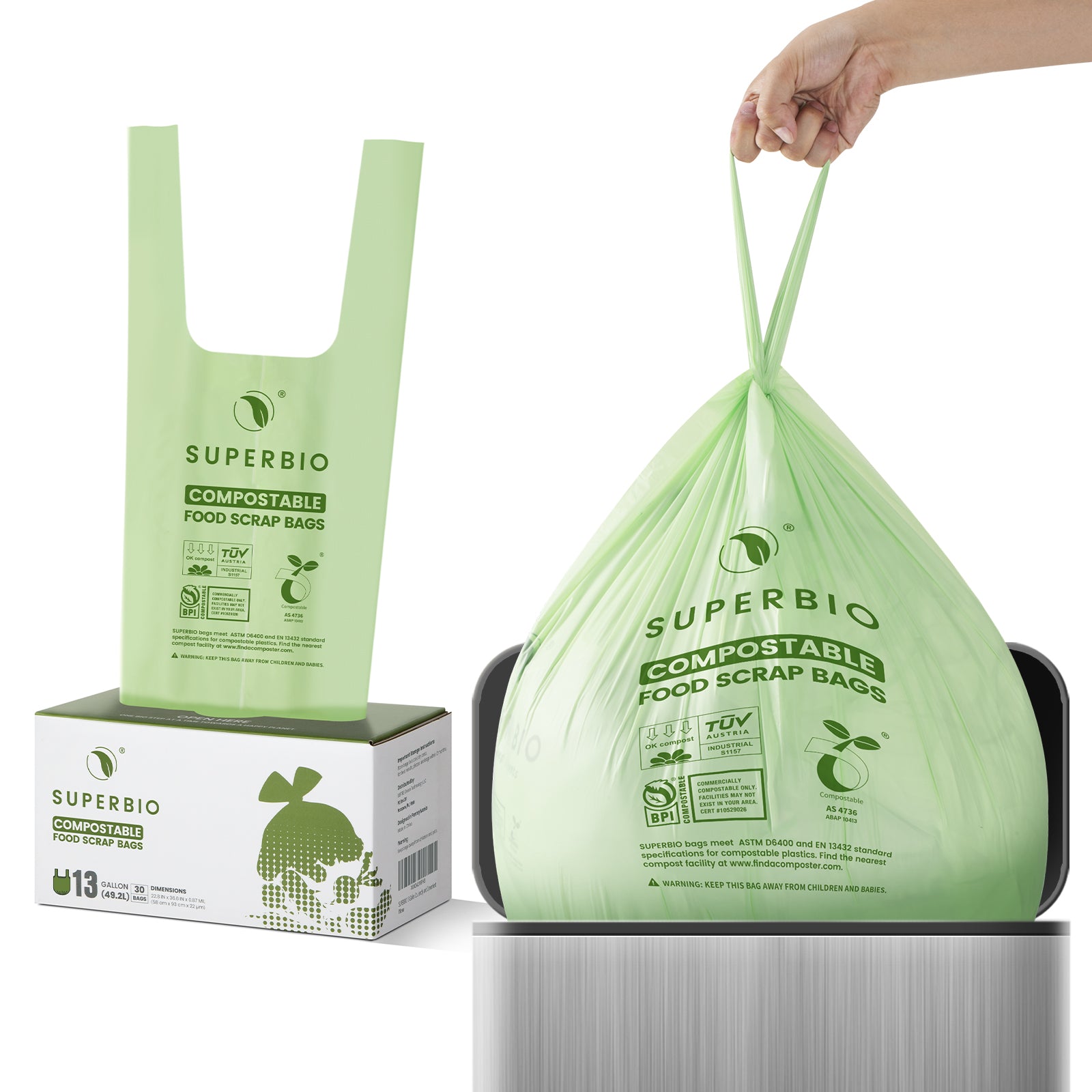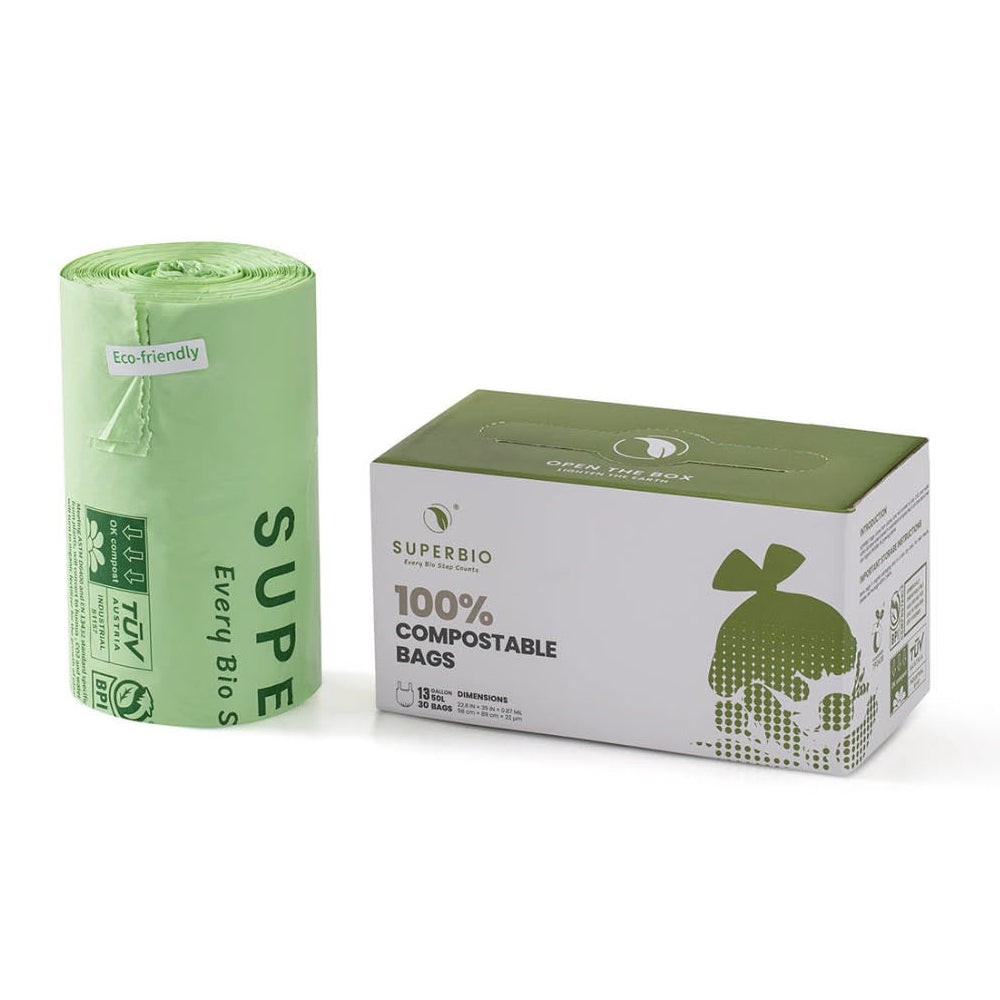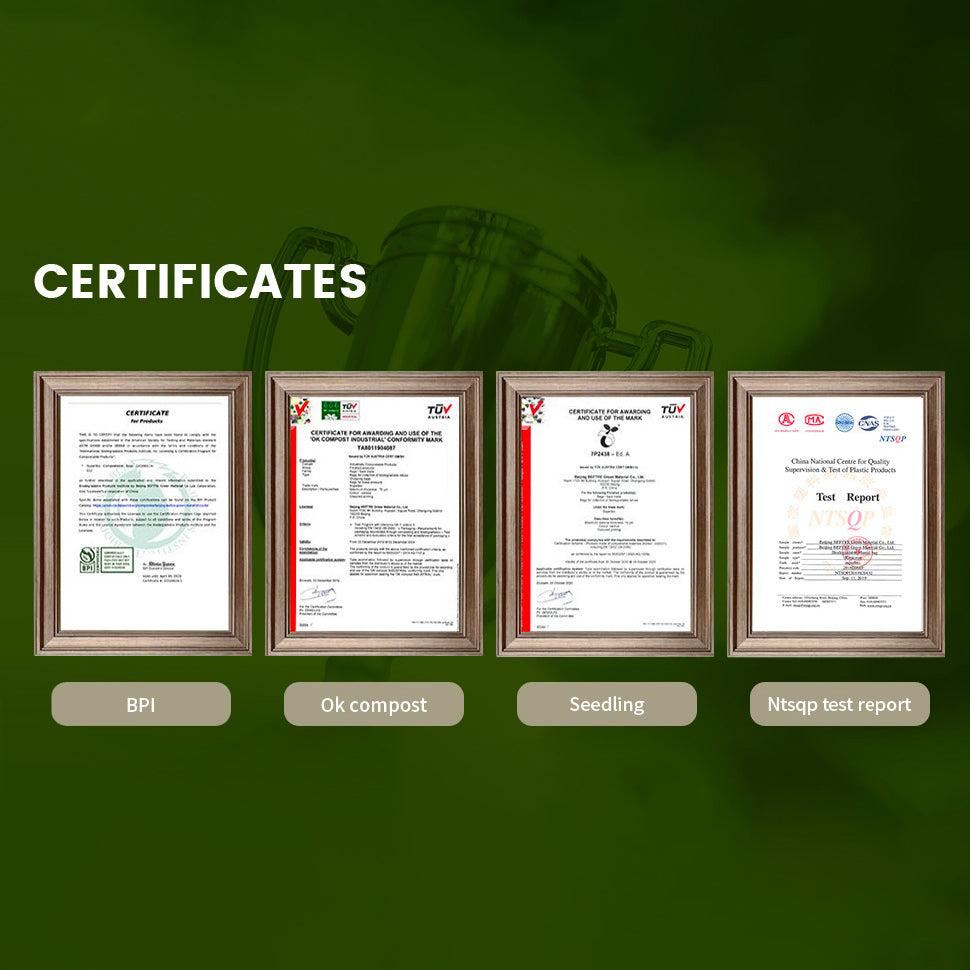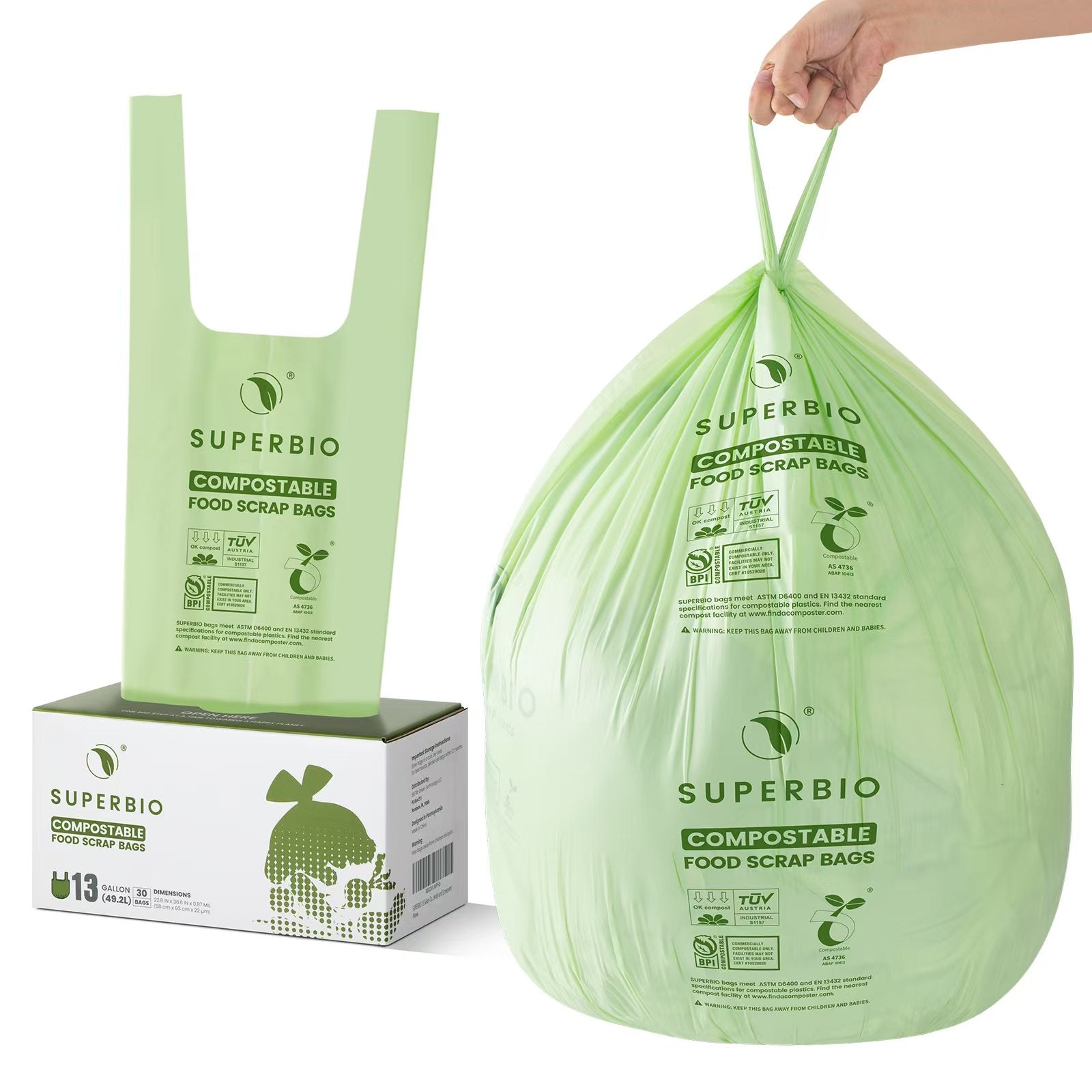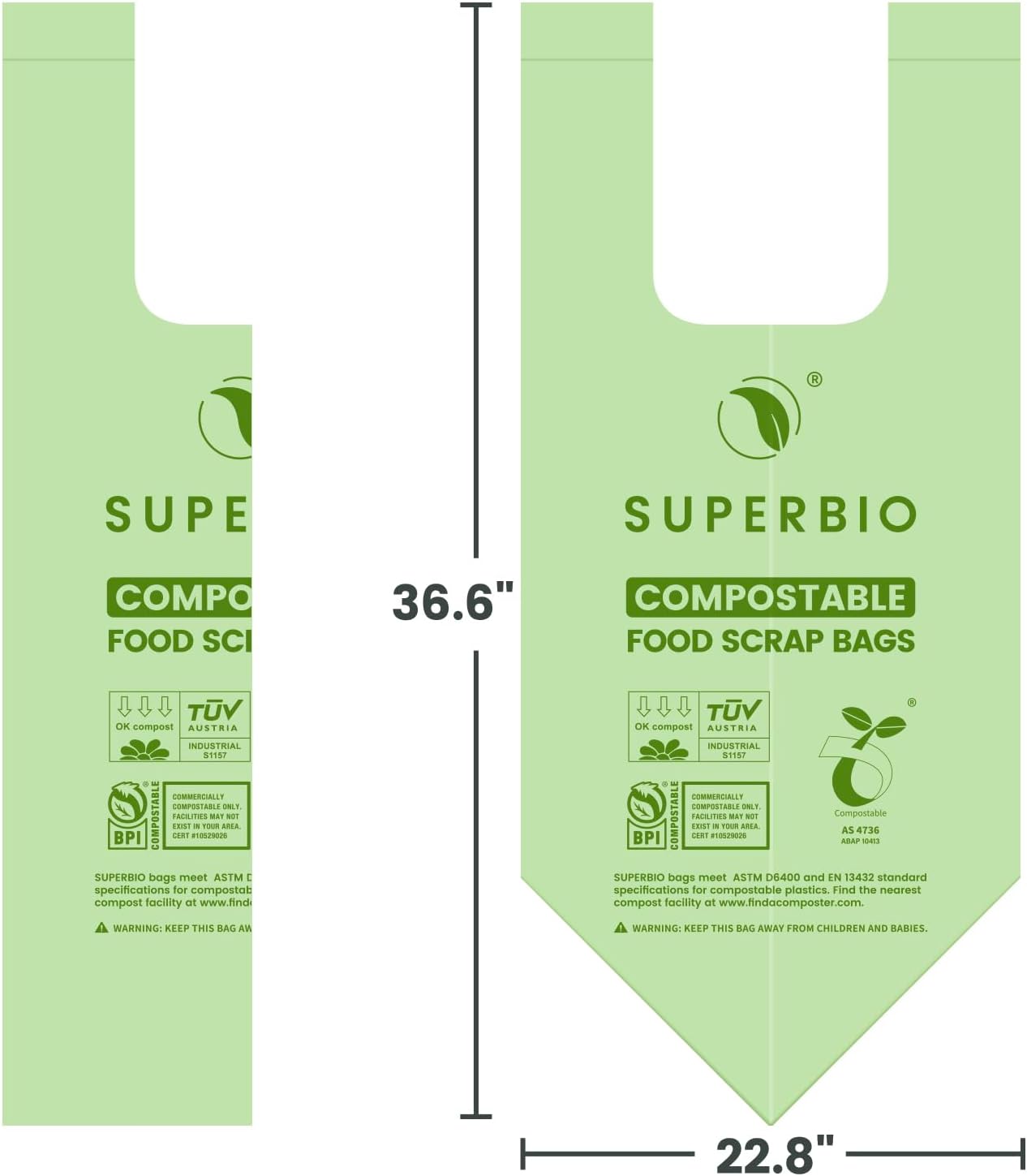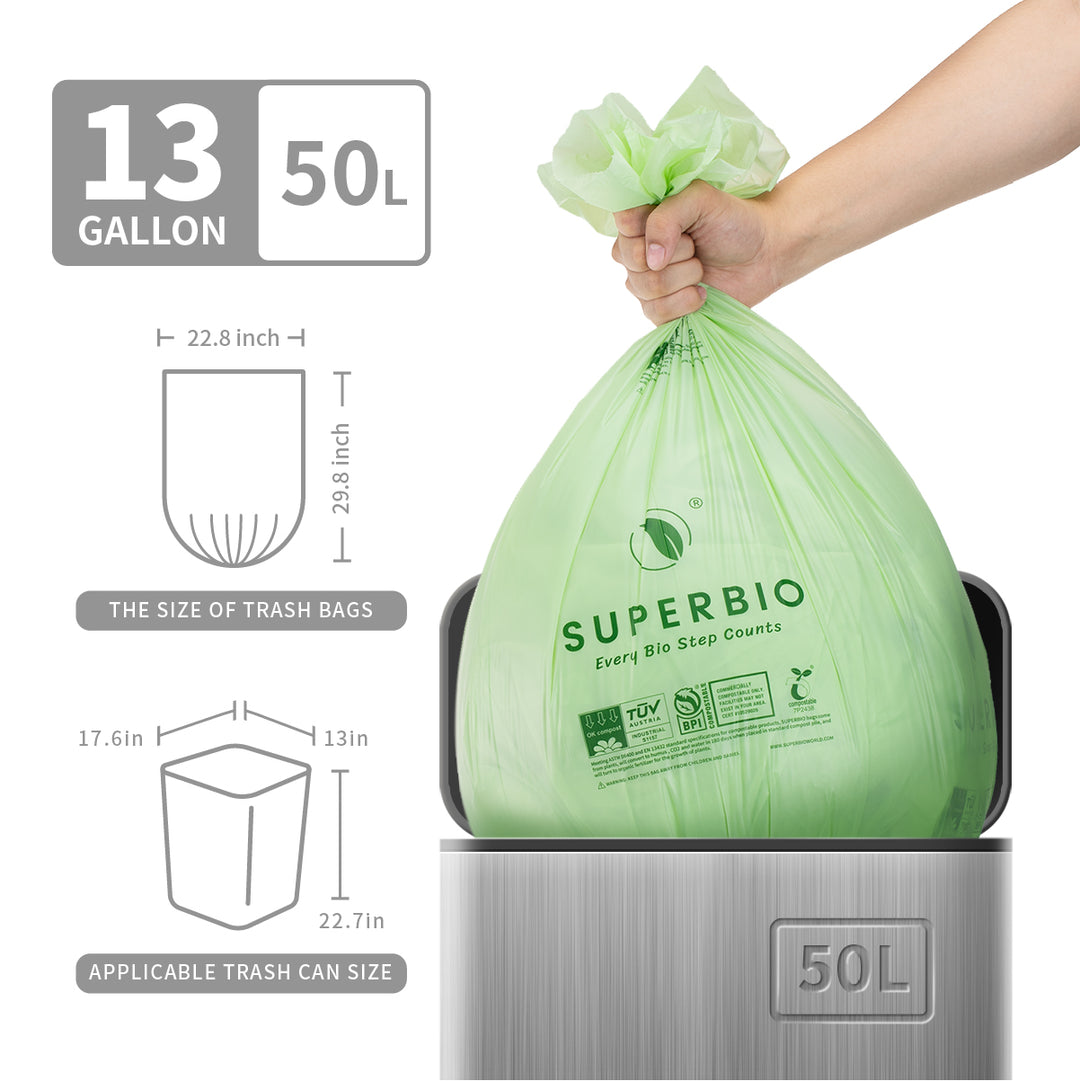French Polynesia Blocks Industrial Fishing By Creating The World's Largest Marine Protected Area
French Polynesia has created the largest marine protected area (MPA) on the planet, spanning 4.8 million square kilometers — an area larger than India. The announcement came during the United Nations Ocean Conference in Nice, where President Moetai Brotherson emphasized that the ocean is not just geography, but identity and survival for Polynesians, as RFI reports.

French Polynesia has created the world’s largest marine protected area.
Strict Protections Across Vast Waters
The MPA includes 1.1 million square kilometers under strict conservation. These zones — near the Society and Gambier Islands — will prohibit extractive activities like industrial fishing and deep-sea mining. Only traditional line fishing, eco-tourism, and scientific research will be permitted in these areas, in line with International Union for Conservation of Nature (IUCN) category I and II standards, according to TIME.
An additional 186,000 square kilometers will be designated as artisanal fishing zones, allowing local fishers to continue centuries-old practices using small boats and sustainable gear. Brotherson also pledged to add 500,000 more square kilometers of highly protected waters by June 2026, EcoWatch reports.
A Biodiversity Hotspot in Need of Protection
French Polynesia’s marine biodiversity is among the most unique on Earth — home to 21 shark species, more than 1,000 types of fish, and 176 species of coral. These waters are also vital habitats for whales, sea turtles, and manta rays. By placing large swaths under protection, the government aims to shield ecosystems from the escalating threats of overfishing, seabed exploitation, and climate change.
This announcement builds on years of effort. French Polynesia first declared its waters a managed marine area in 2018, but the new framework now meets global conservation benchmarks, including legal definitions, enforcement plans, and public participation in management, as detailed by the IUCN.
Support among residents is strong. A survey by the Pew Bertarelli Ocean Legacy group found that over 90% of Polynesians back stricter ocean protections. Many view it as a way to revive ancestral practices like *rāhui*, where areas are temporarily closed to restore balance, according to RFI.
Global Recognition and the Road Ahead
President Emmanuel Macron praised the move, calling it a historic shift in Pacific conservation. With this designation, 78% of France’s maritime territory is now under some form of protection.
Still, challenges lie ahead. Only 8.3% of the global ocean is protected today — far from the 30% target set for 2030. Brotherson acknowledged that passing laws is not enough. Enforcement, global funding, and partnerships will be key to success.
French Polynesia’s bold step sets a powerful example. As a small island territory with limited resources, it has taken global leadership in ocean protection — not for prestige, but for the survival of ecosystems and cultures alike.












































































































































































